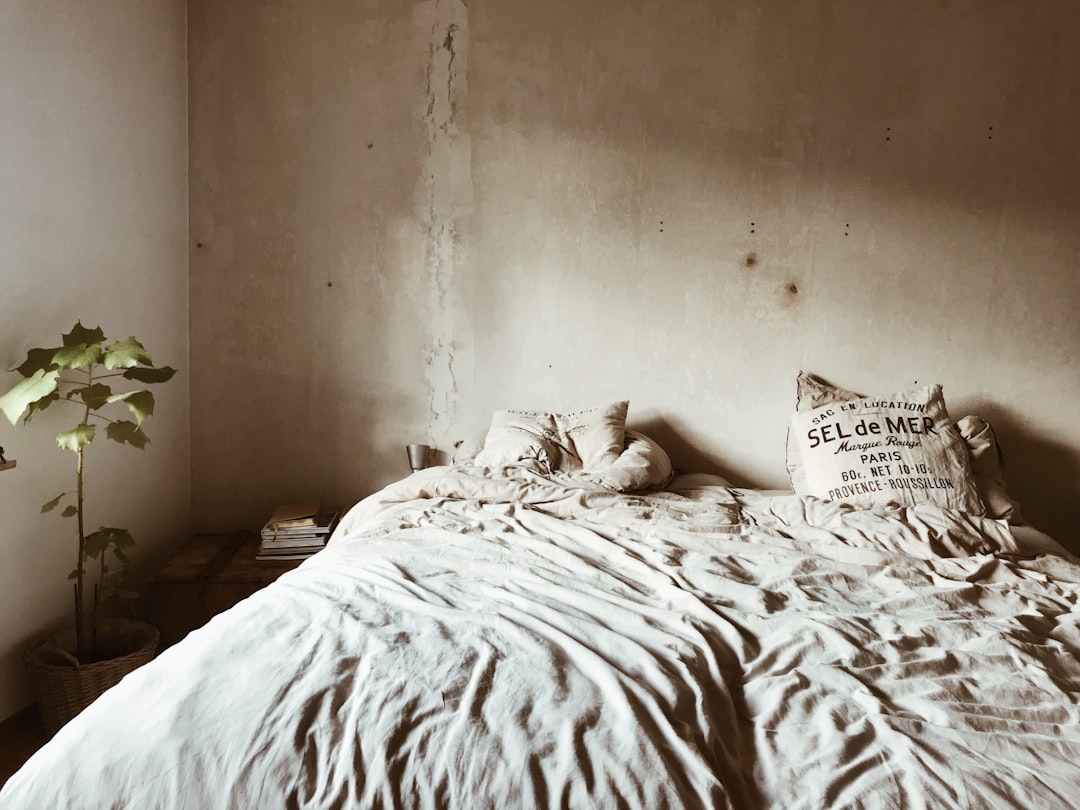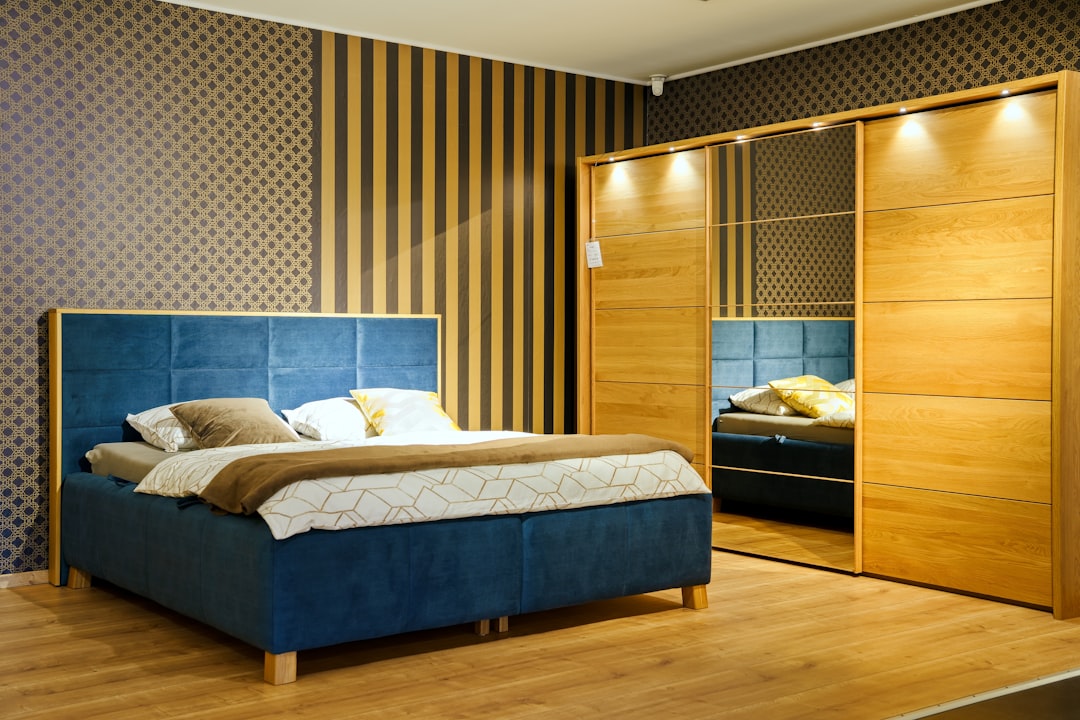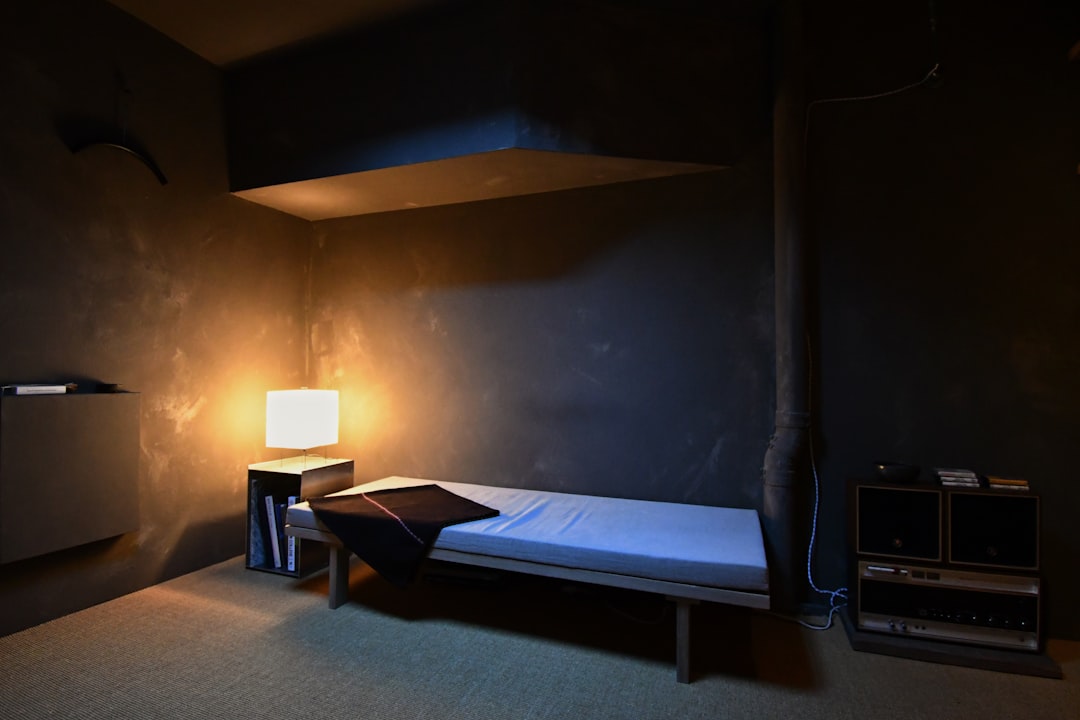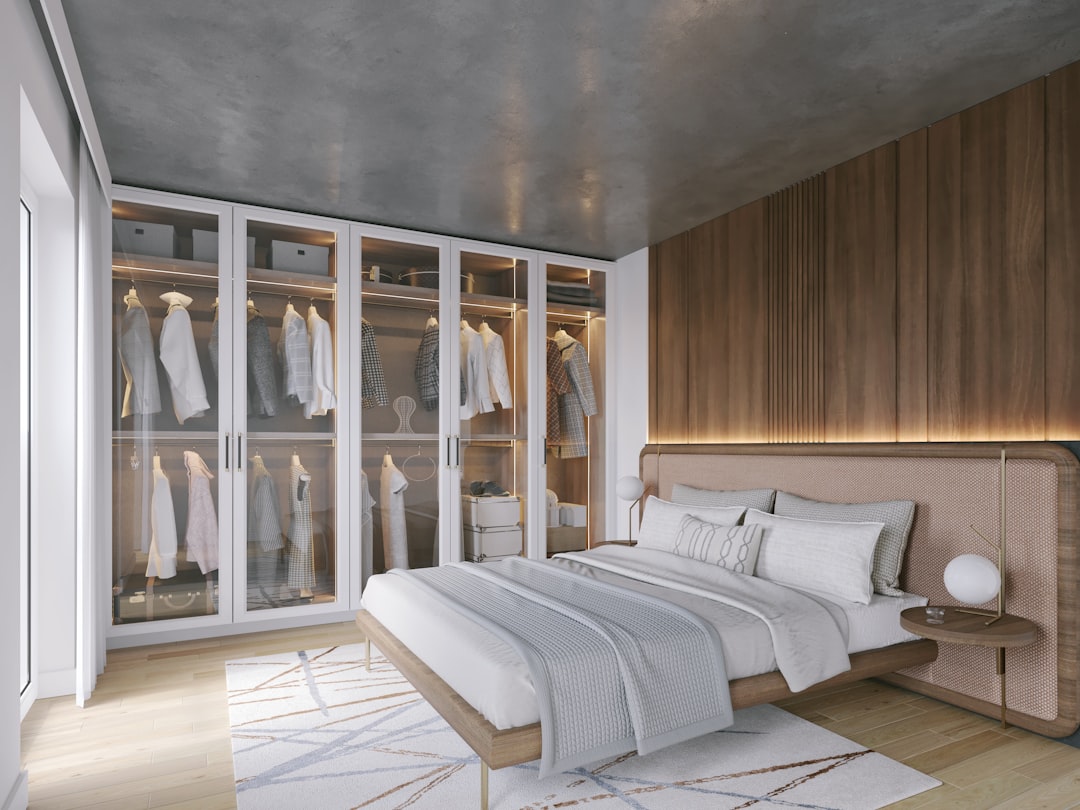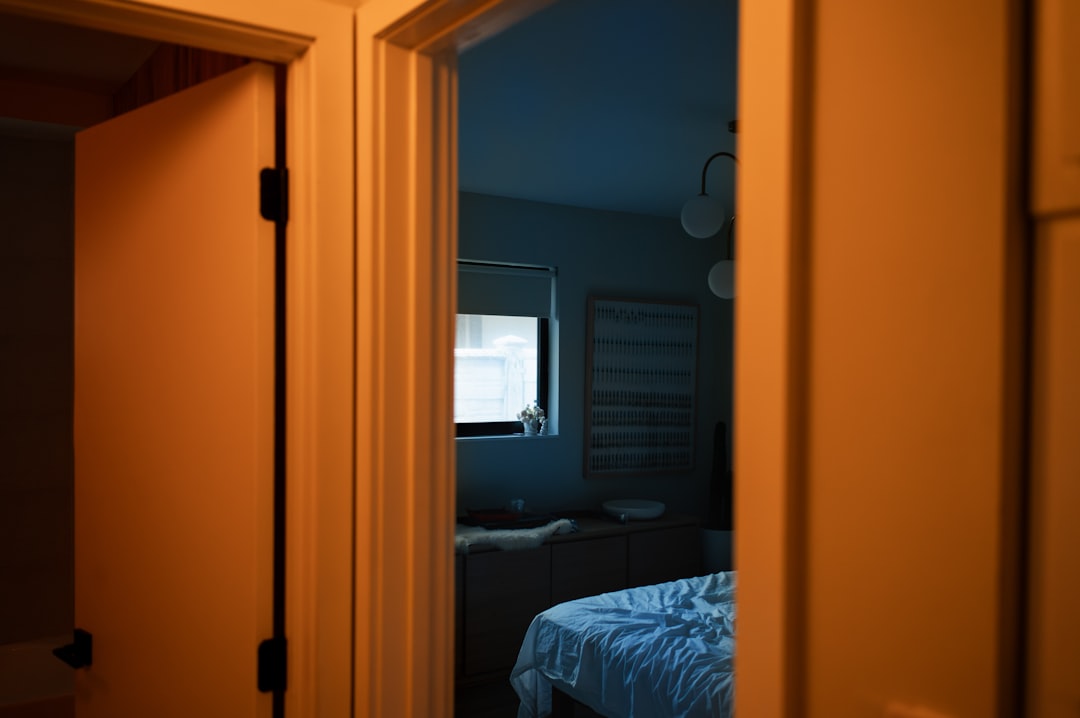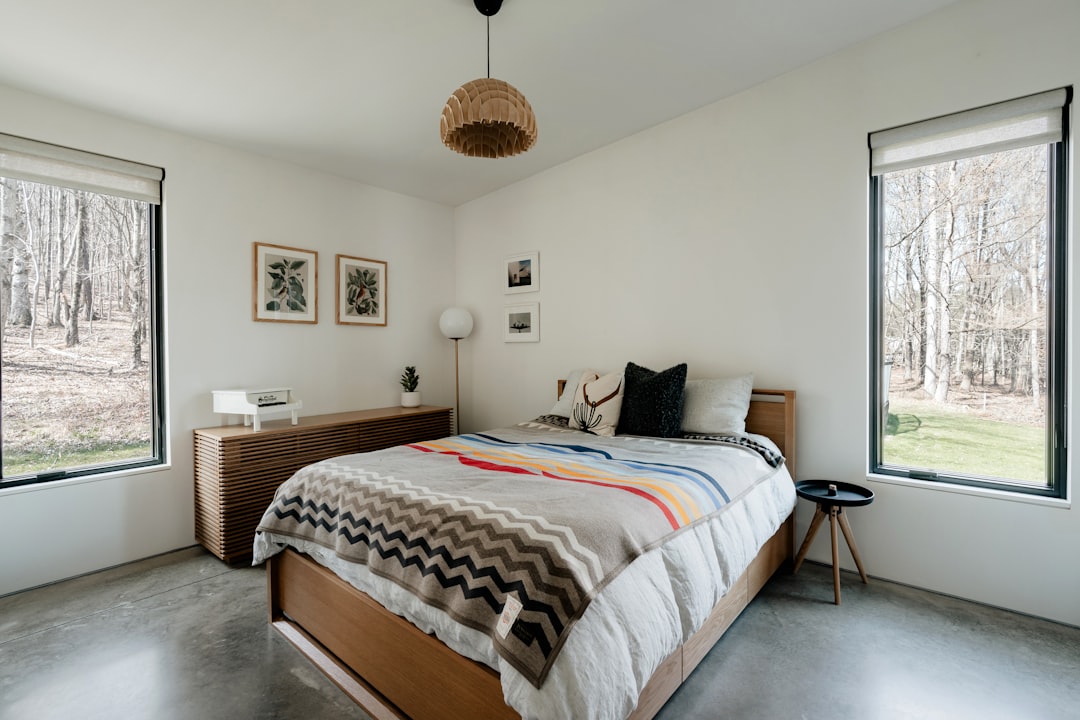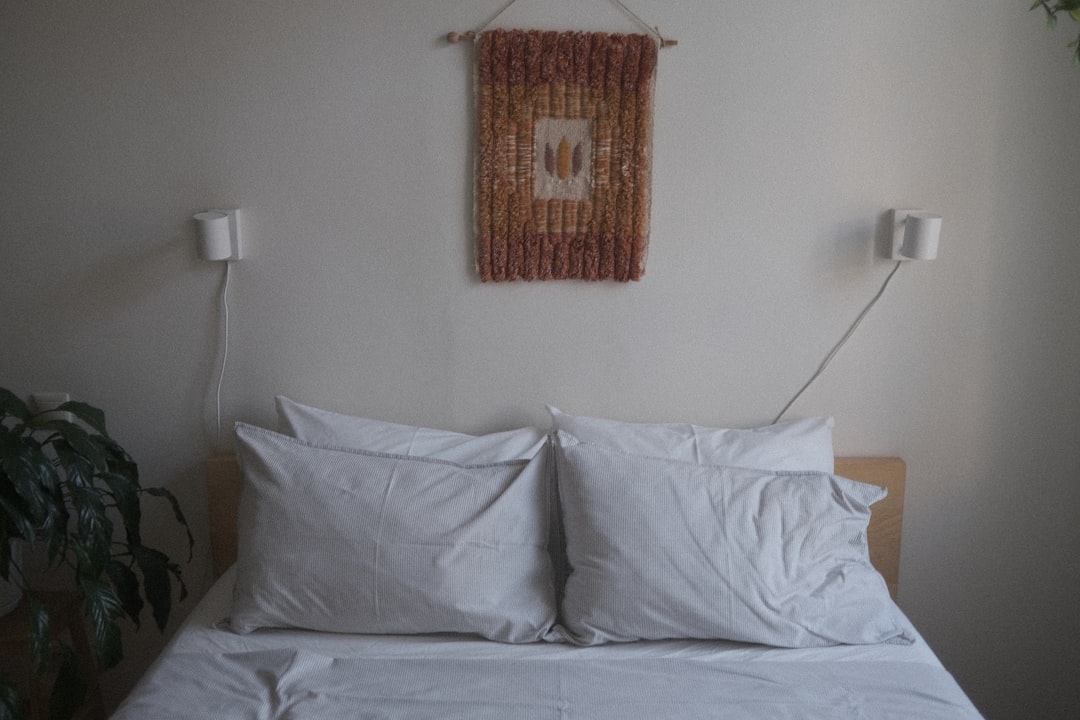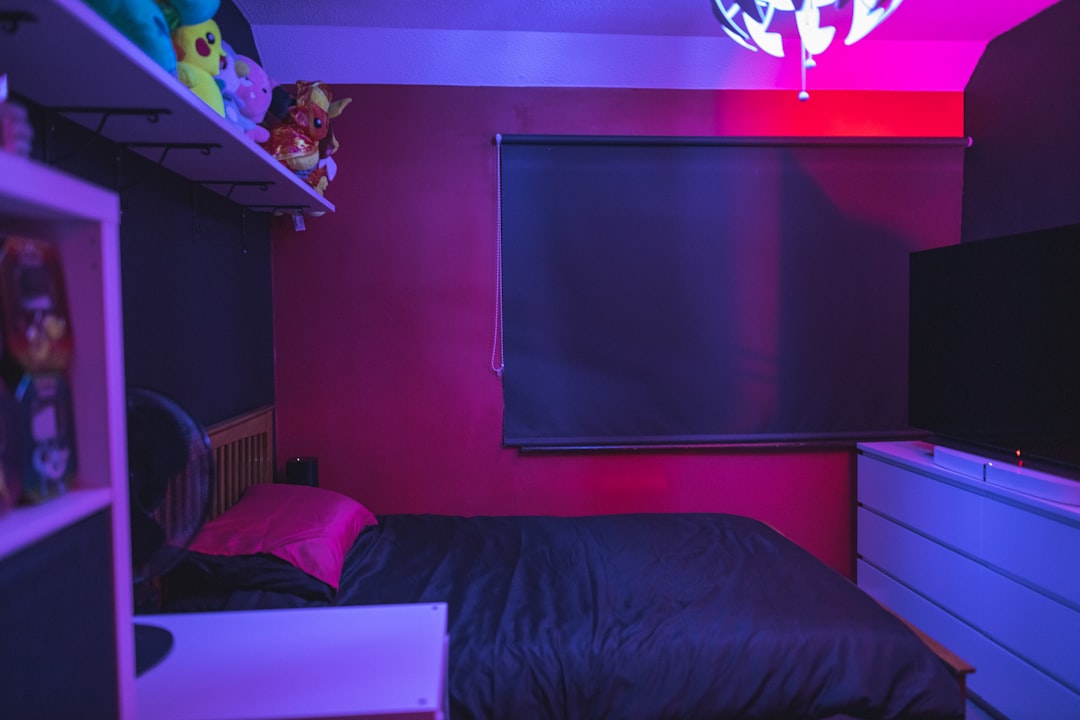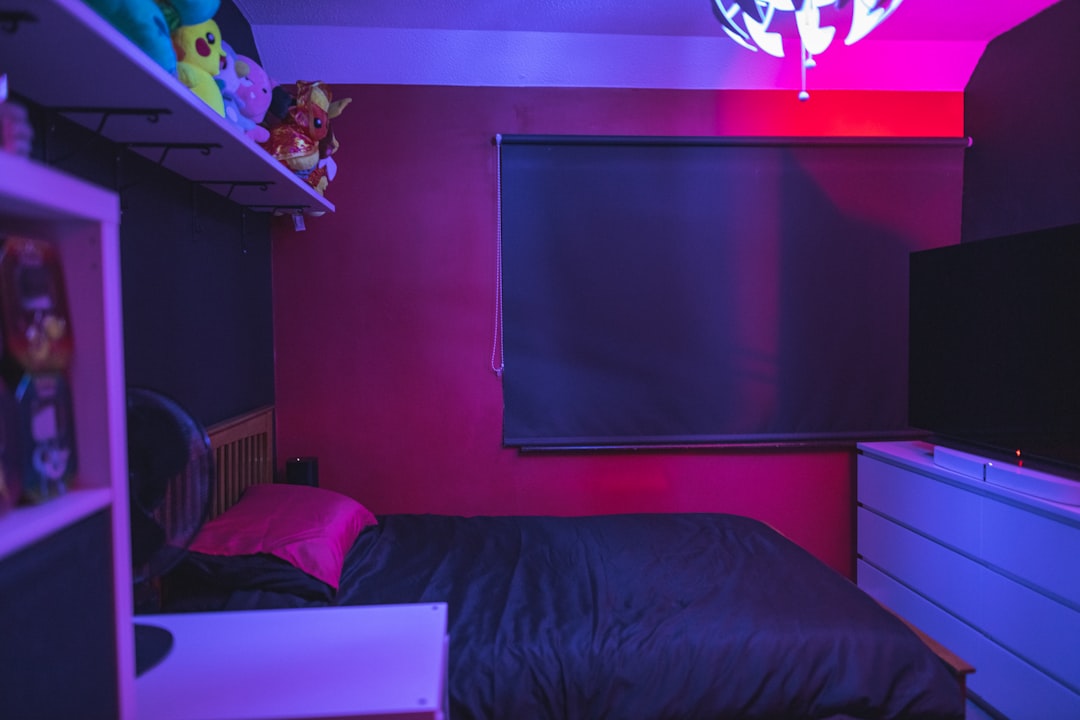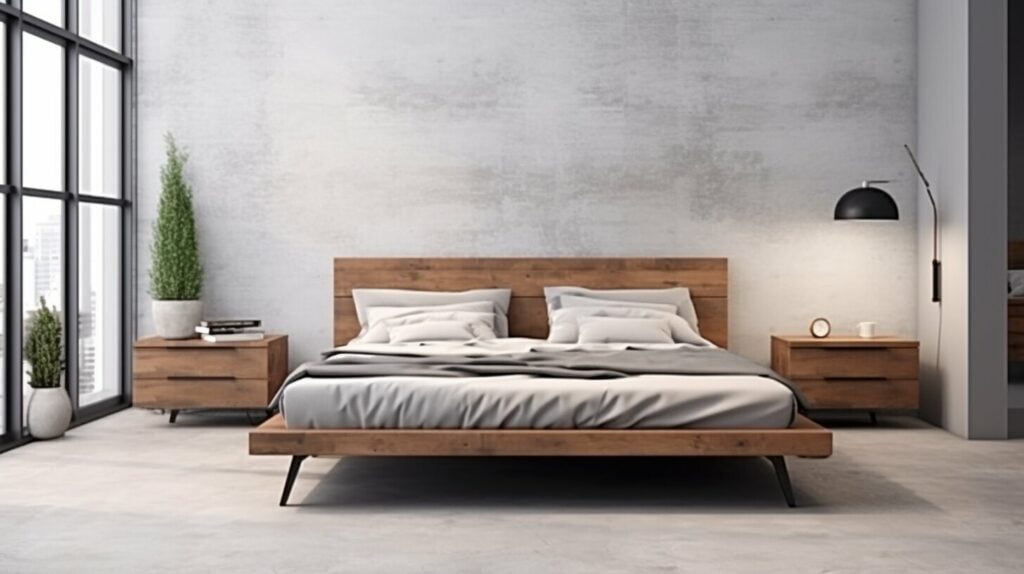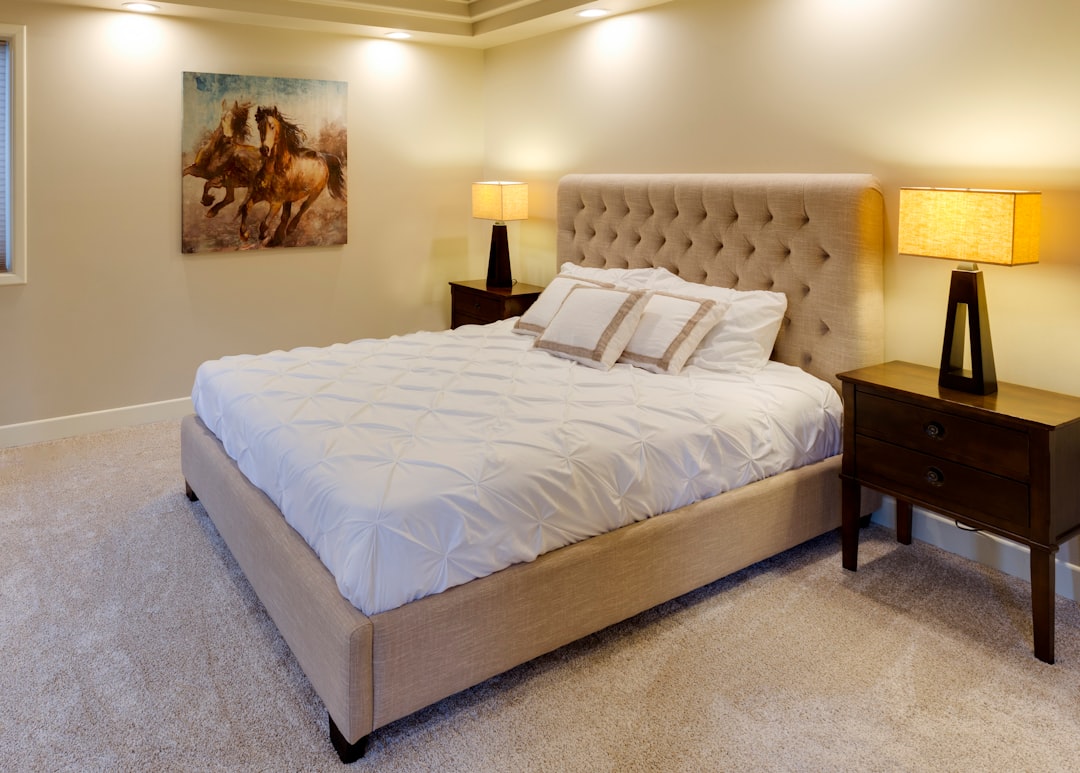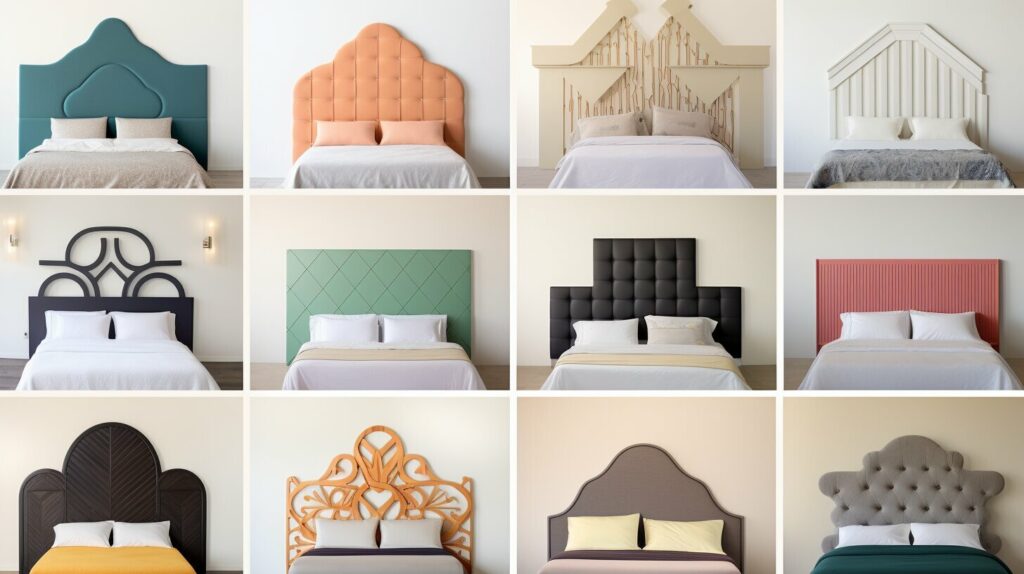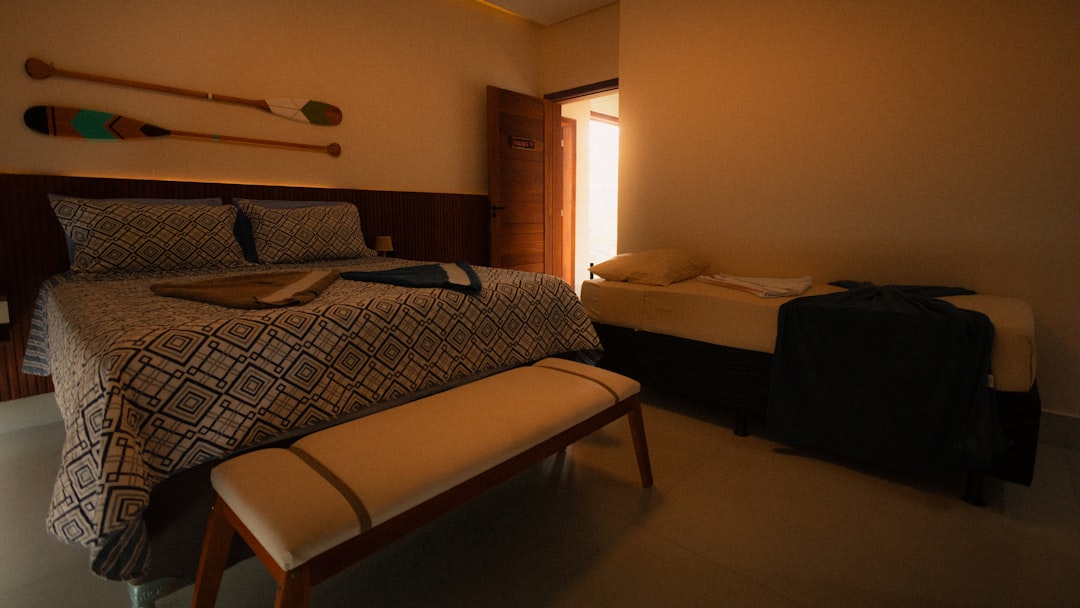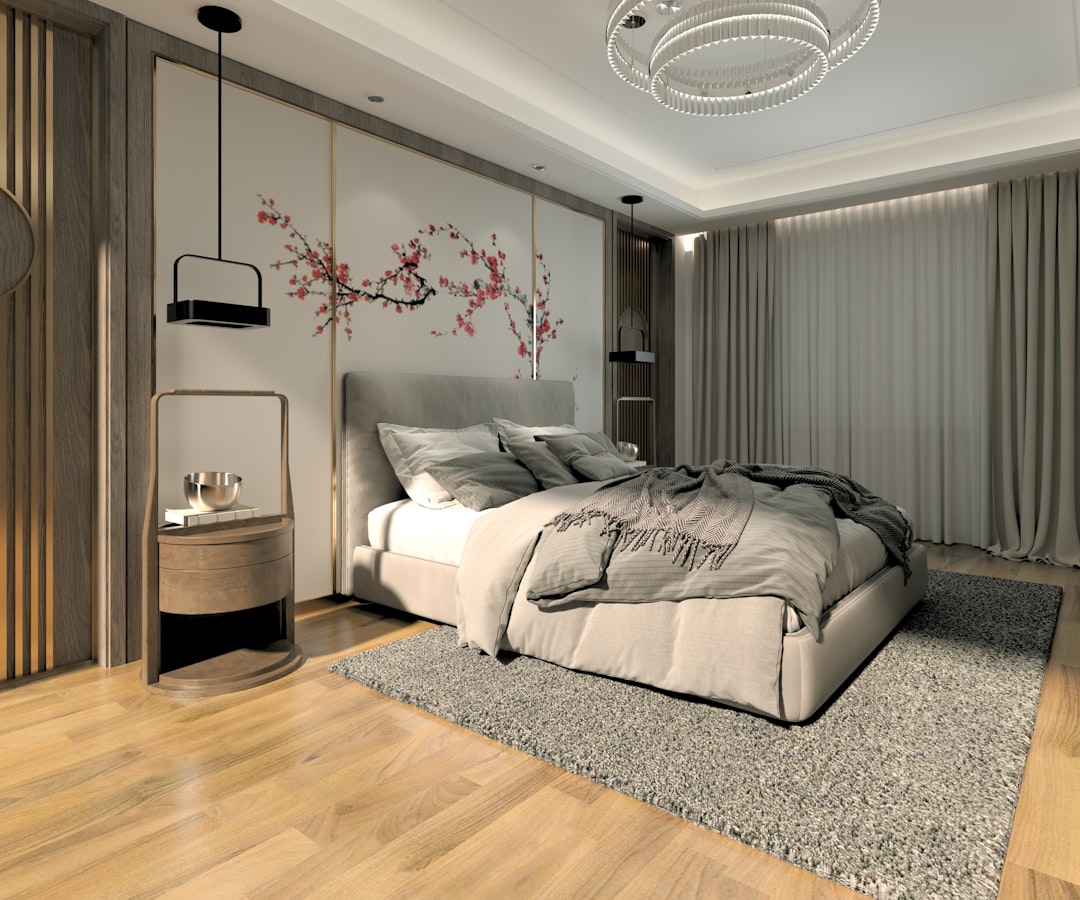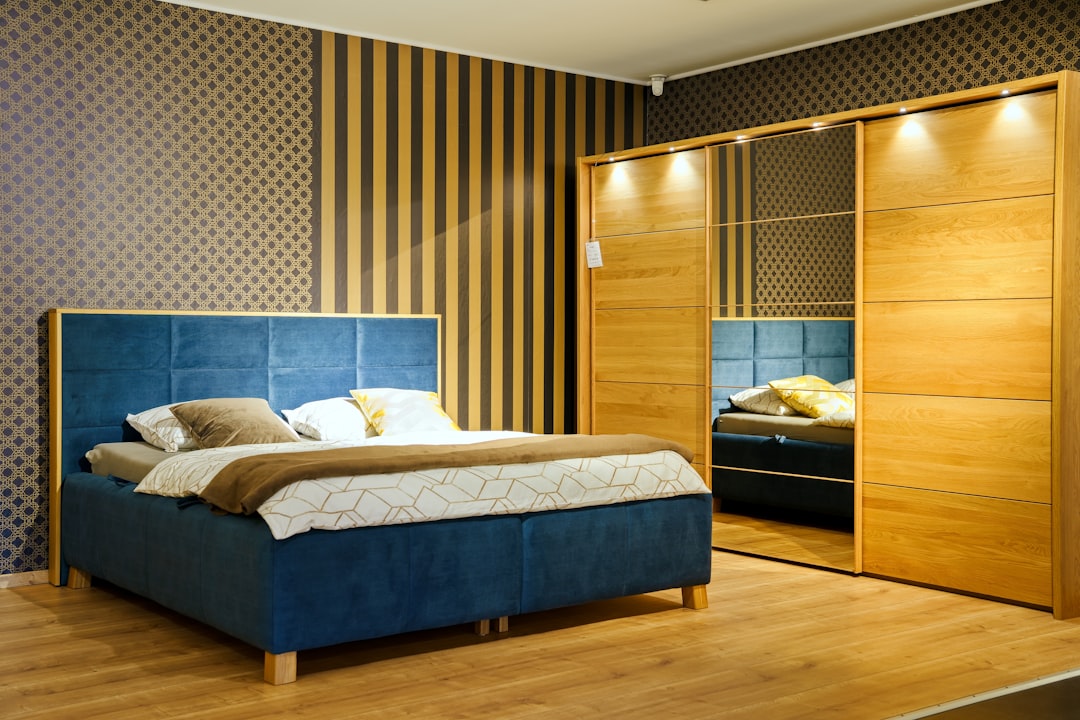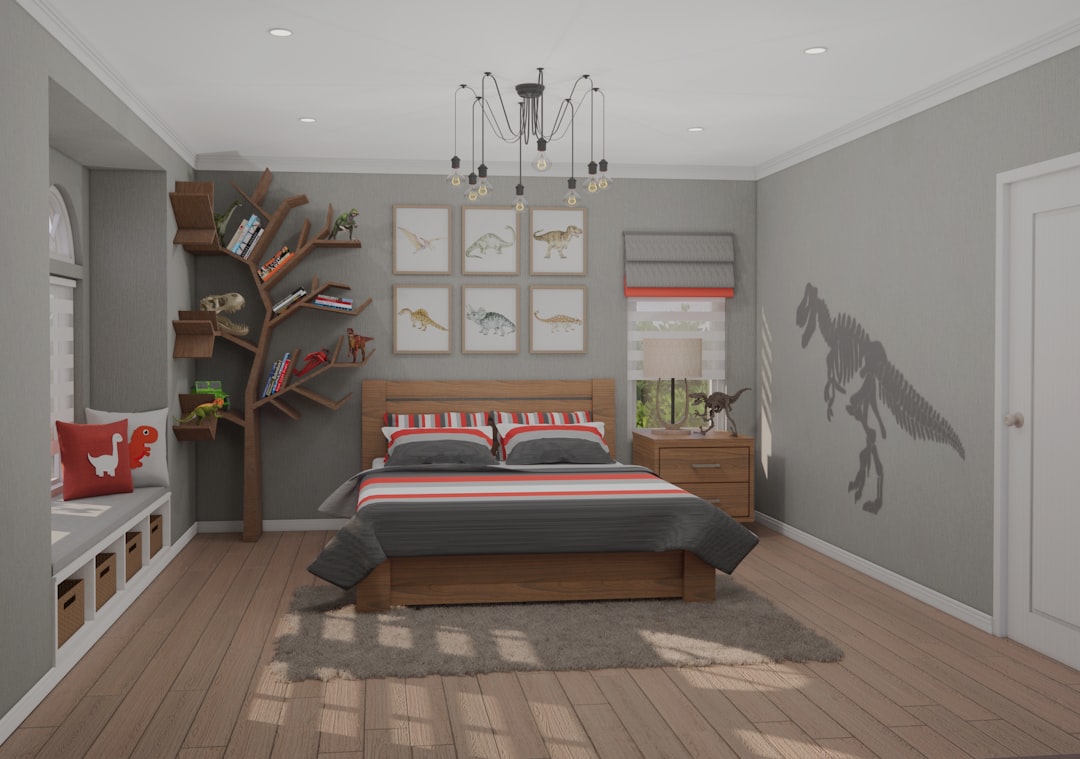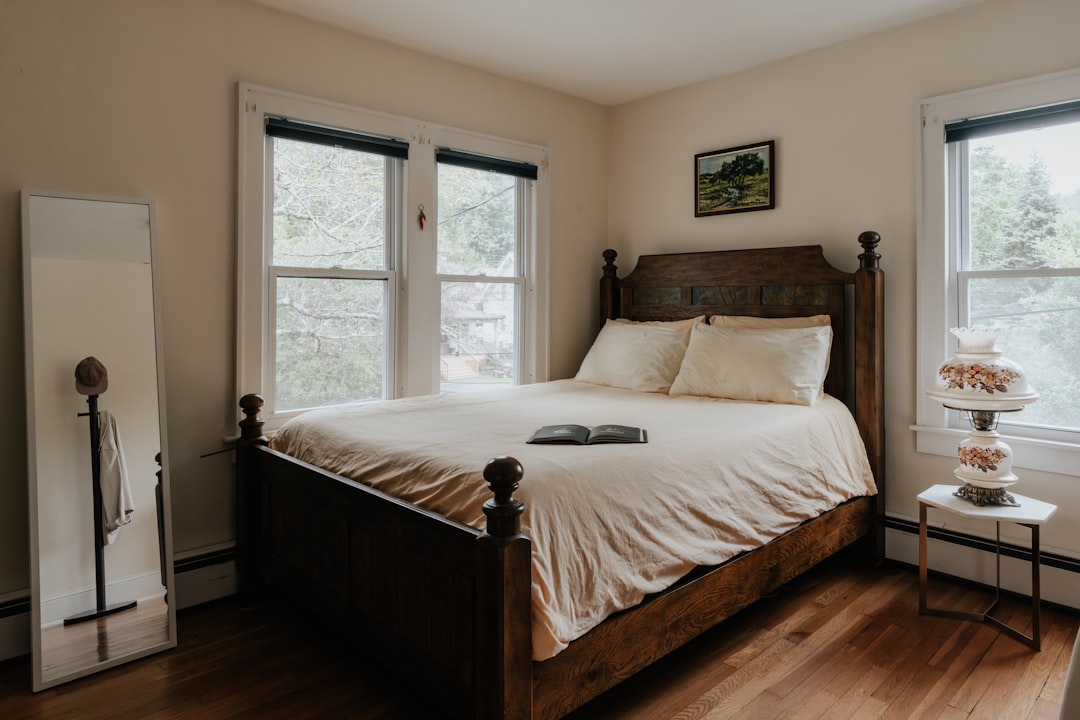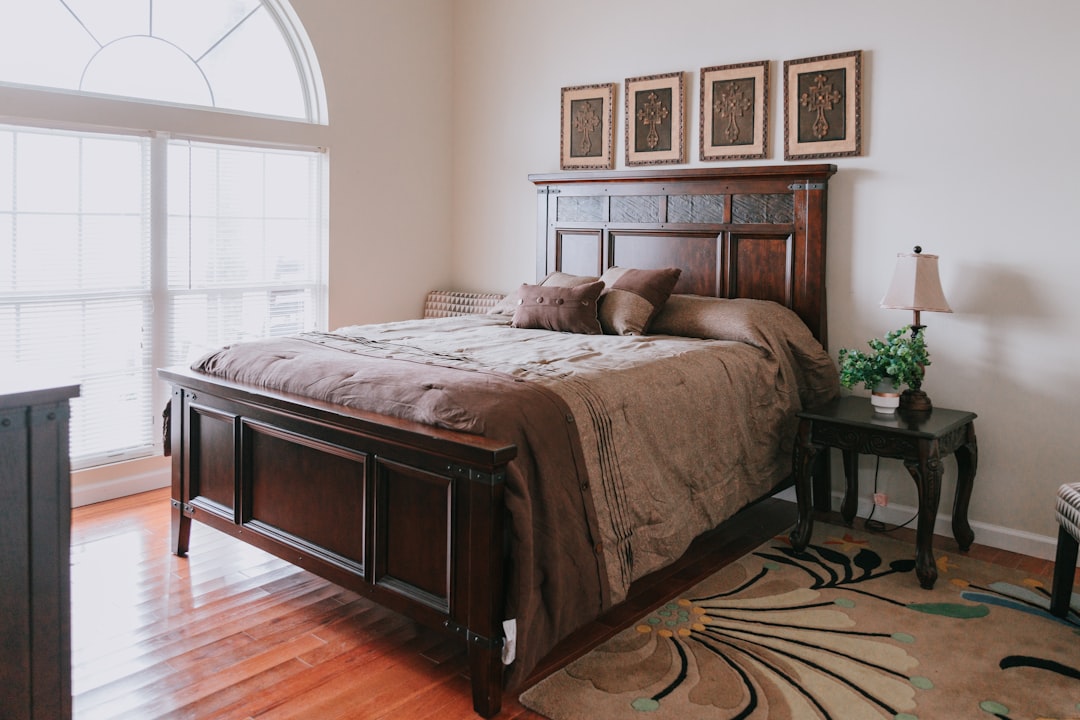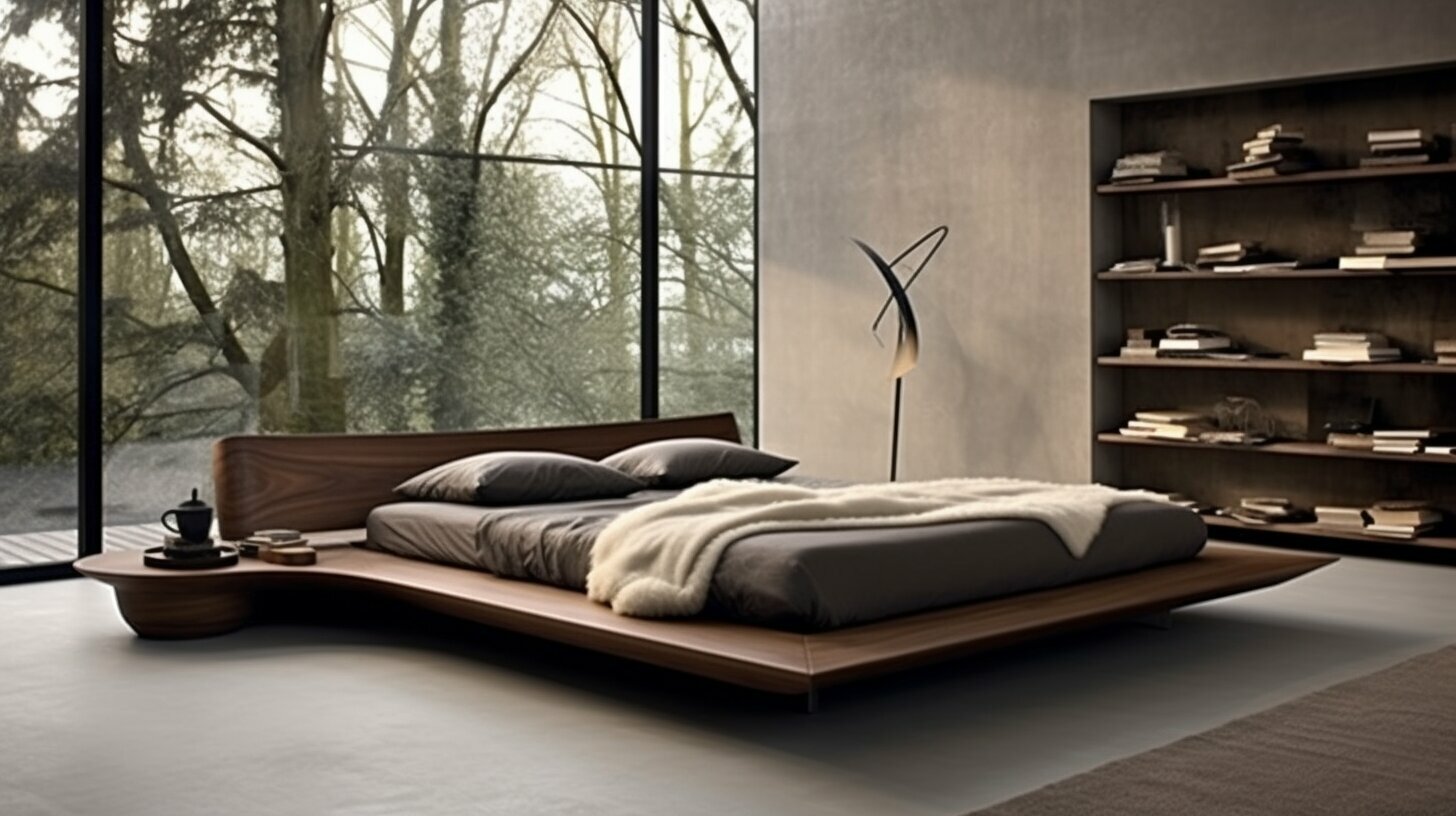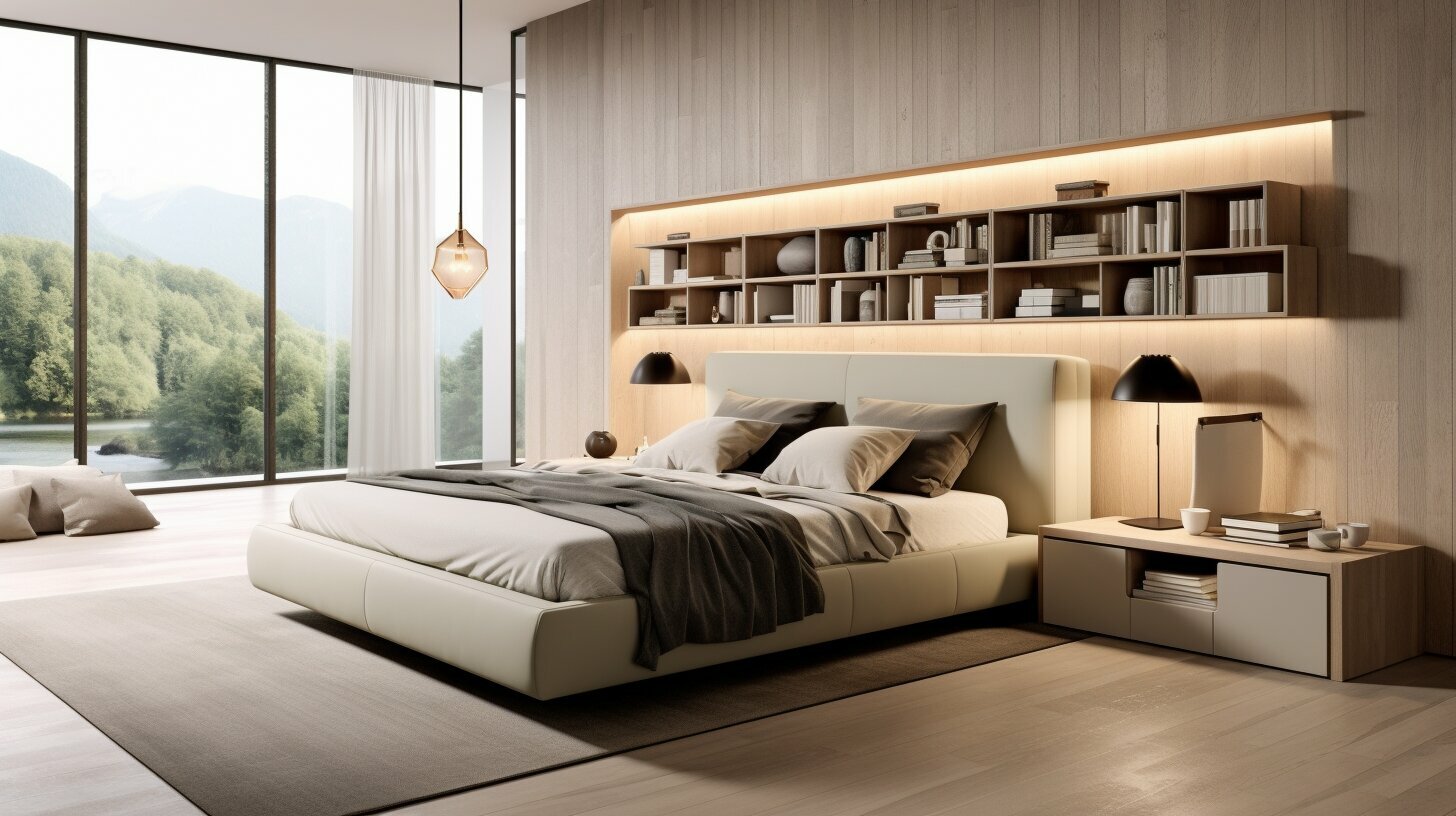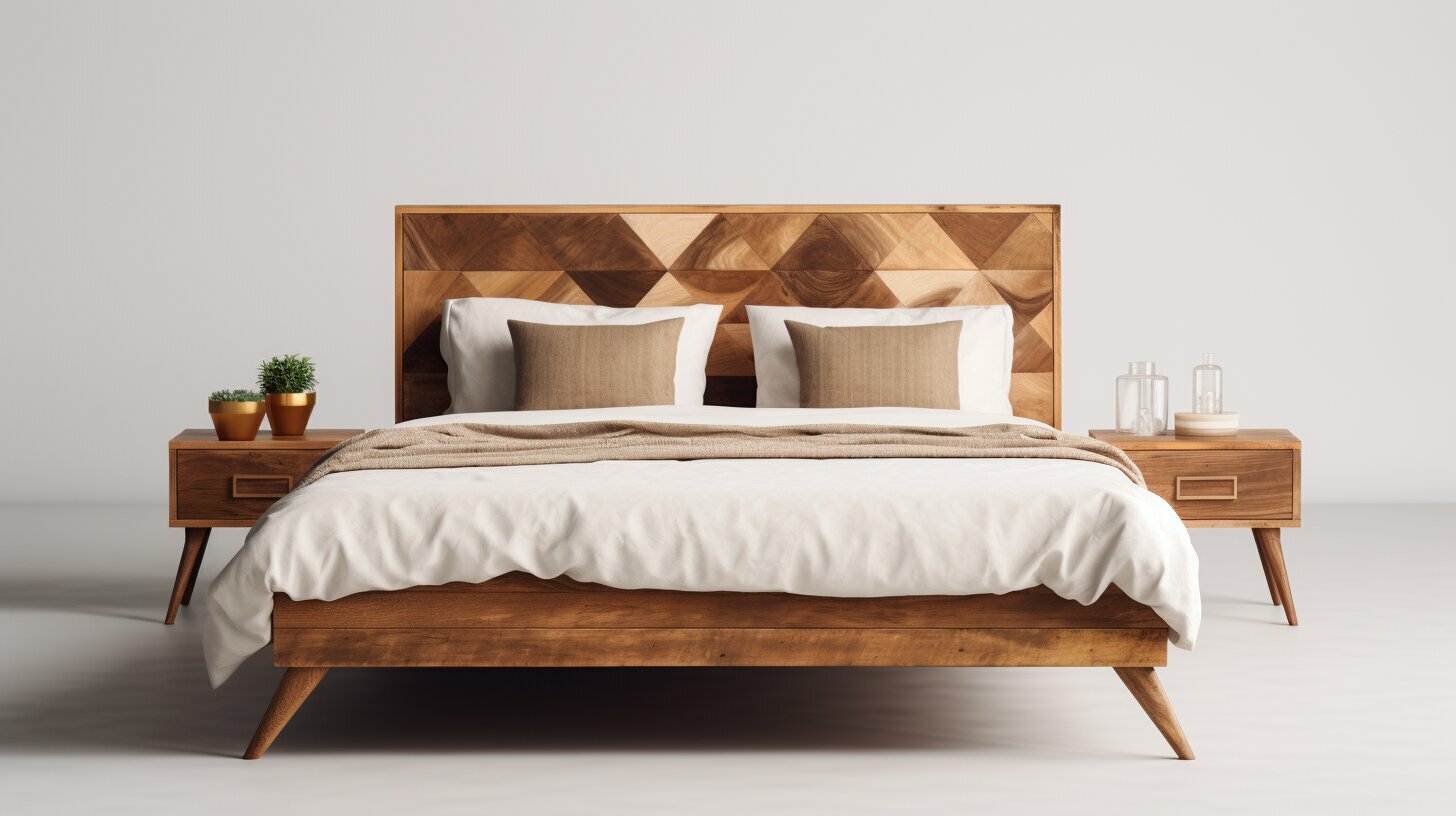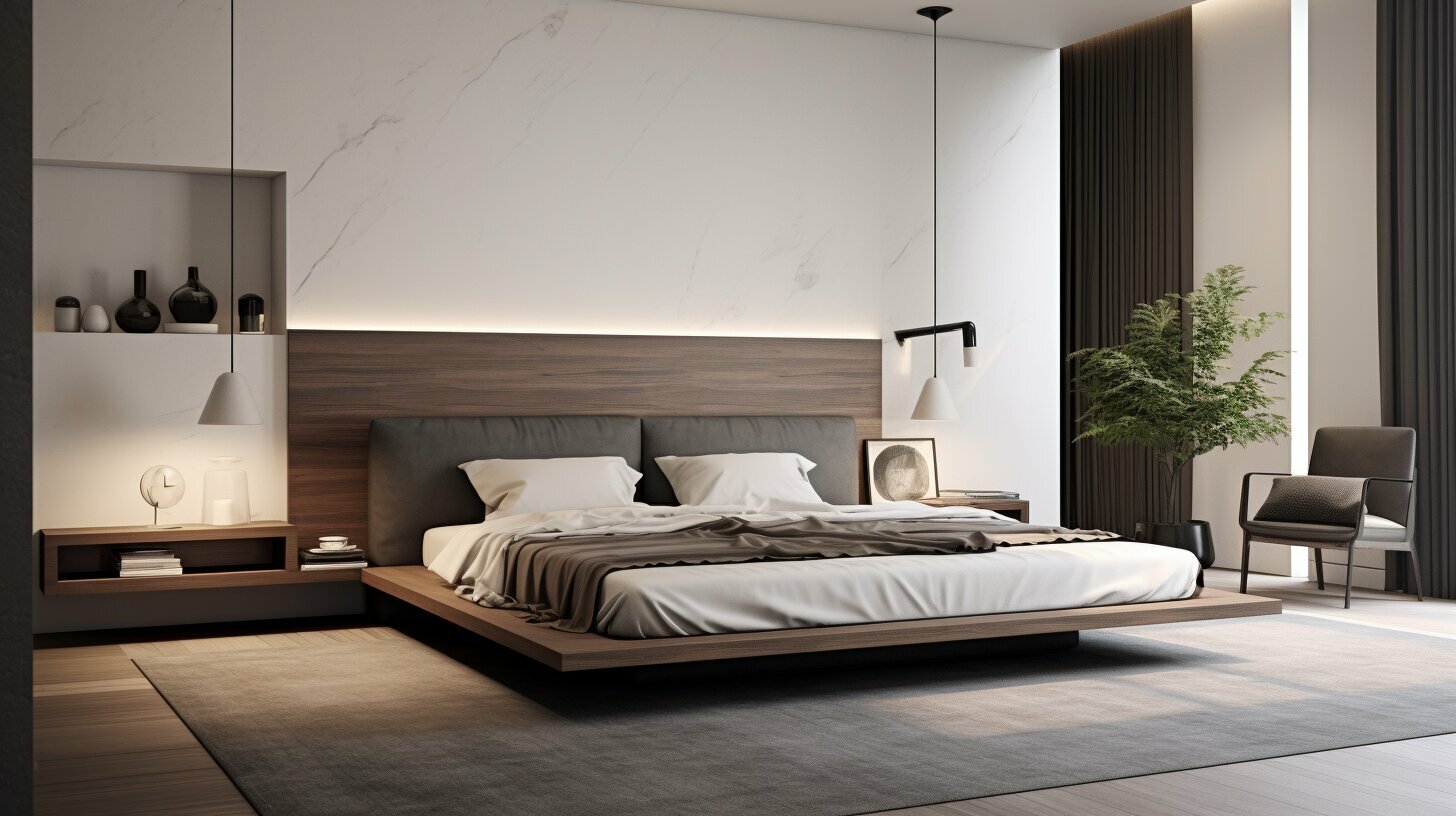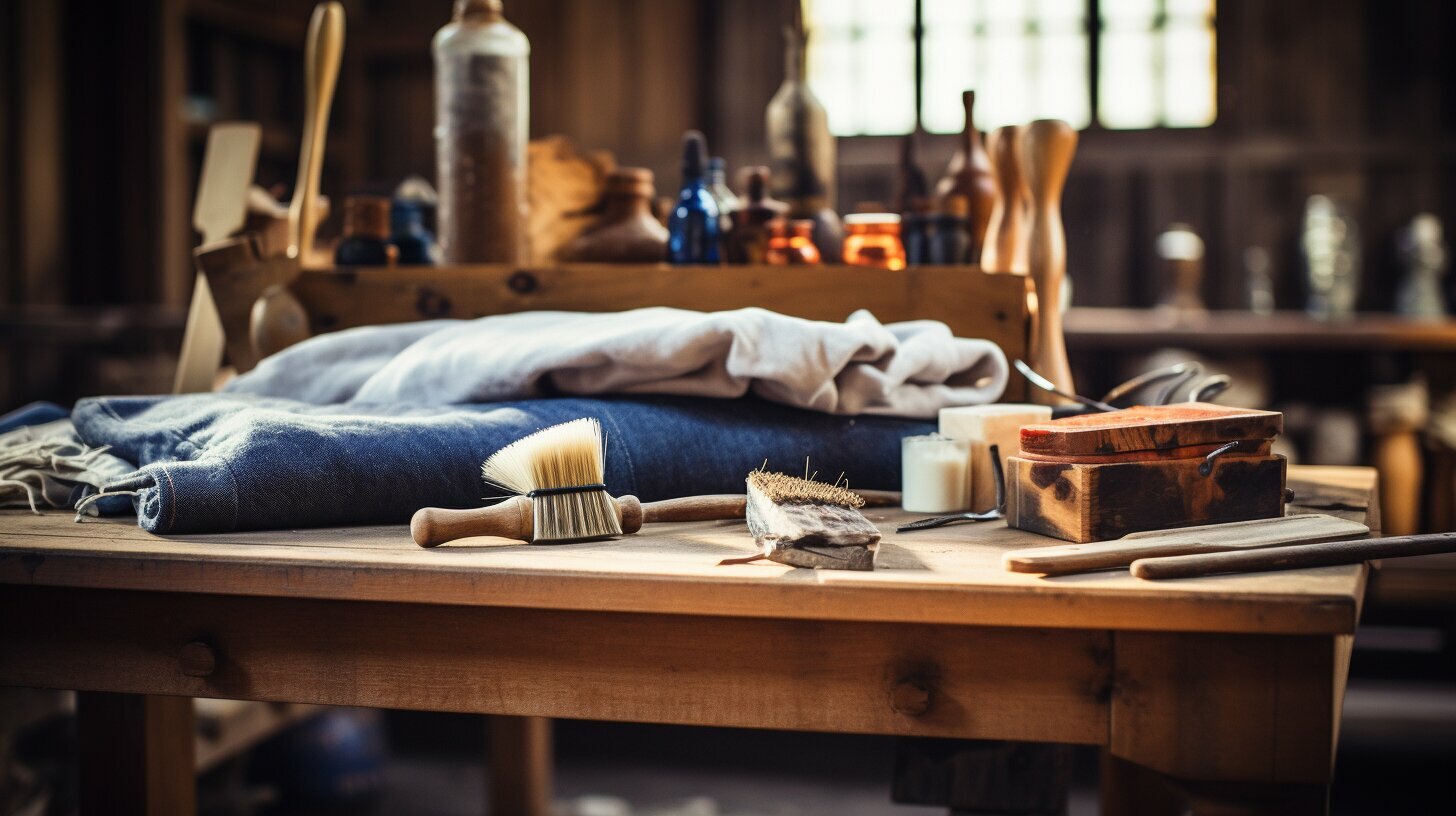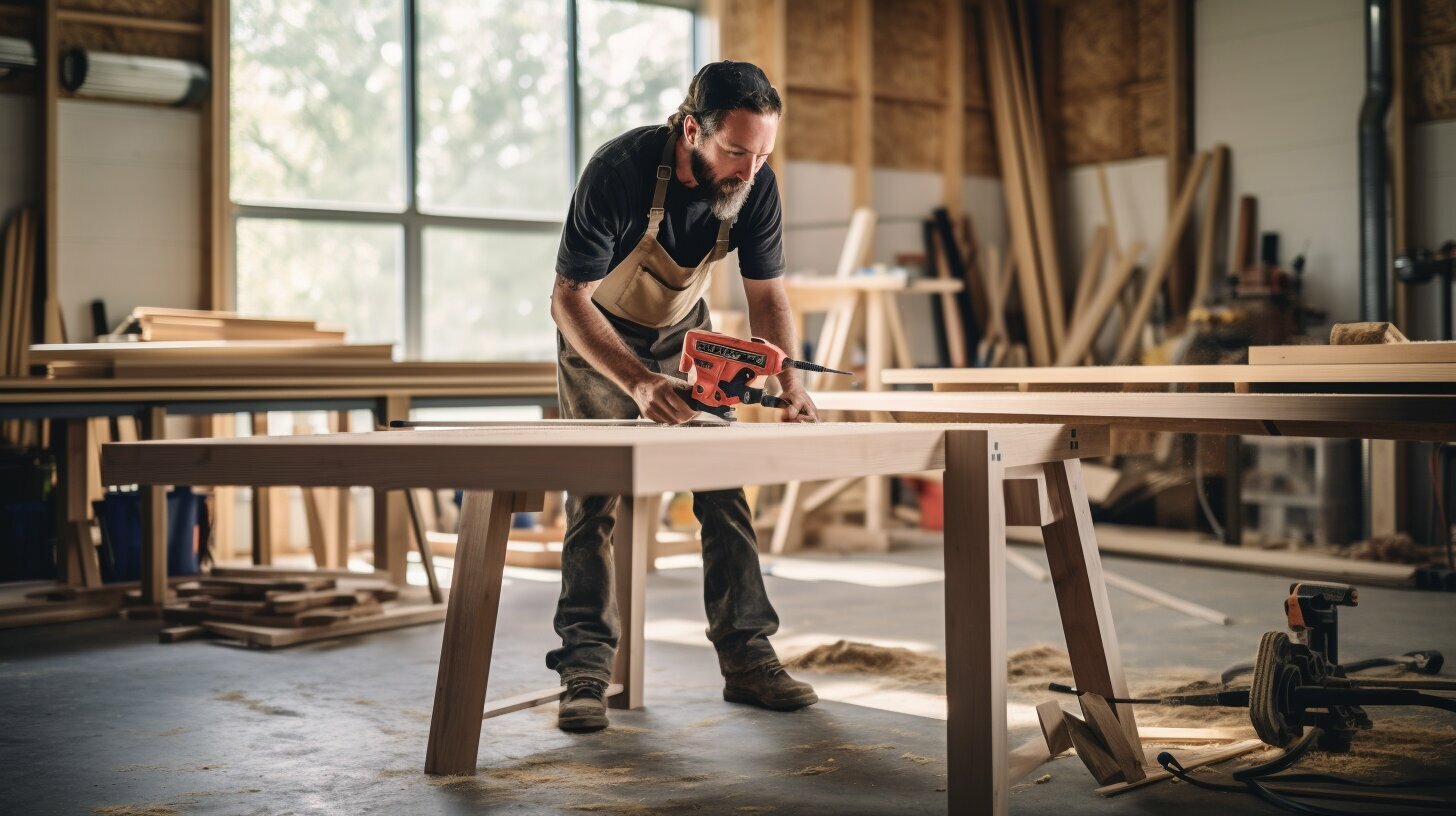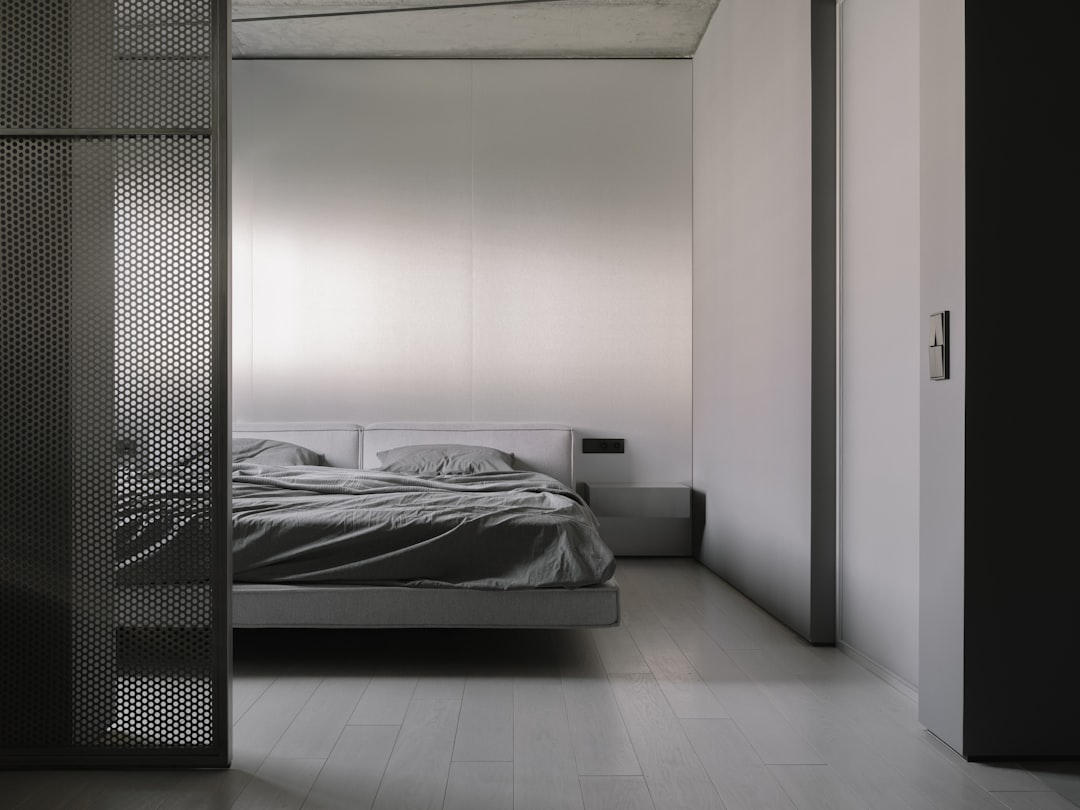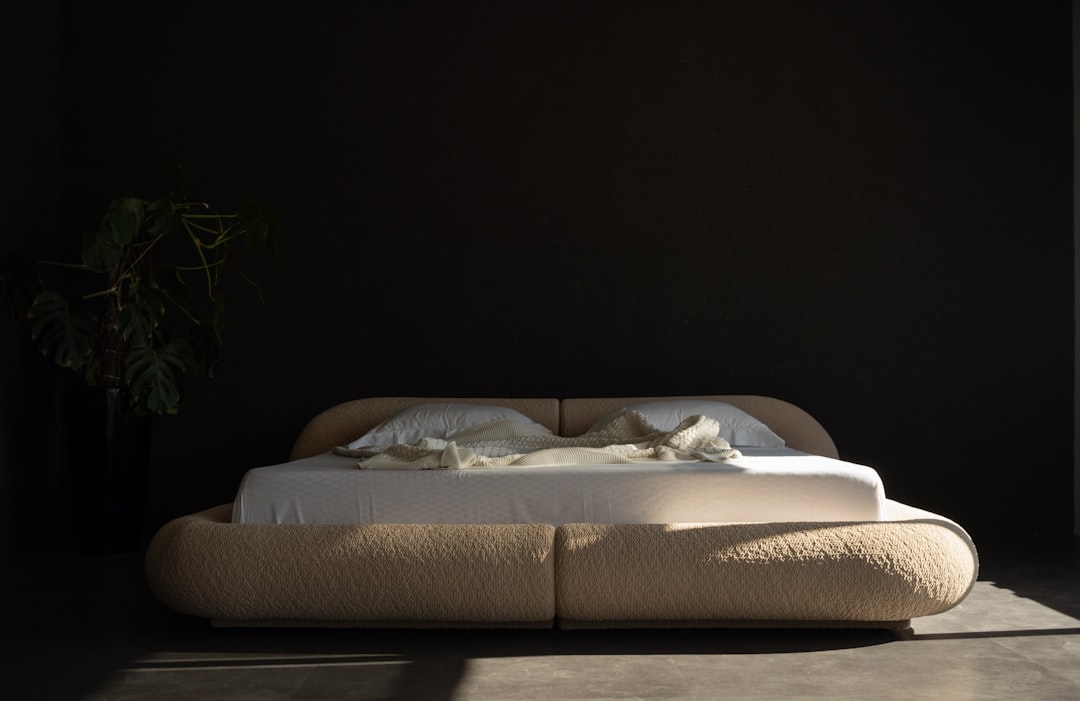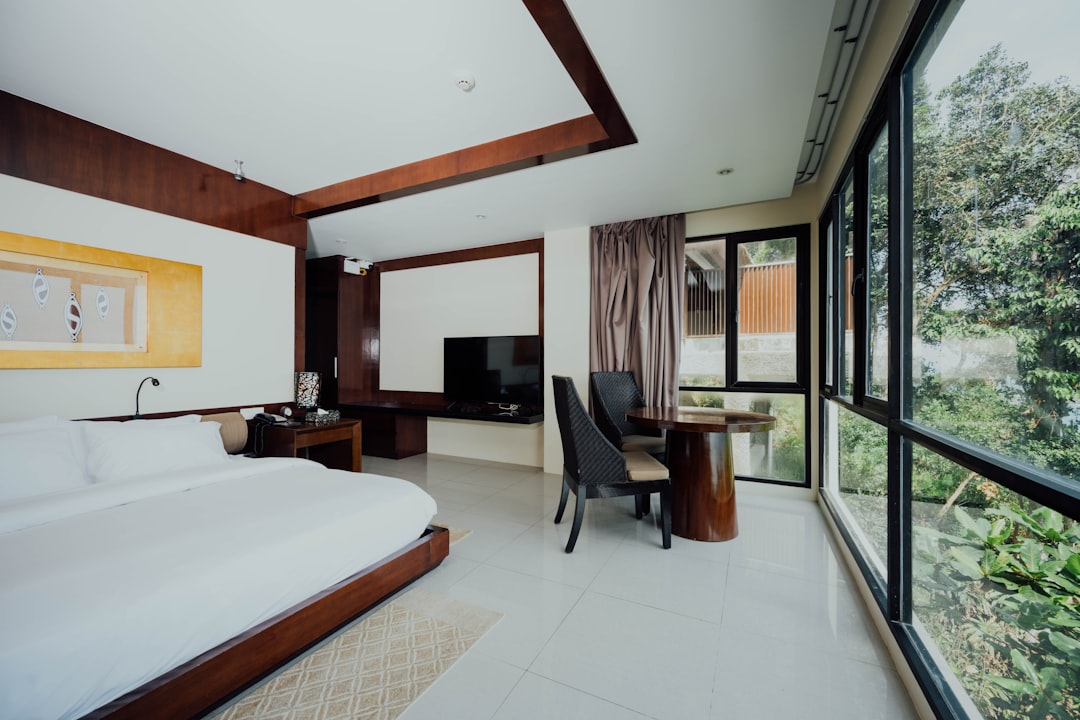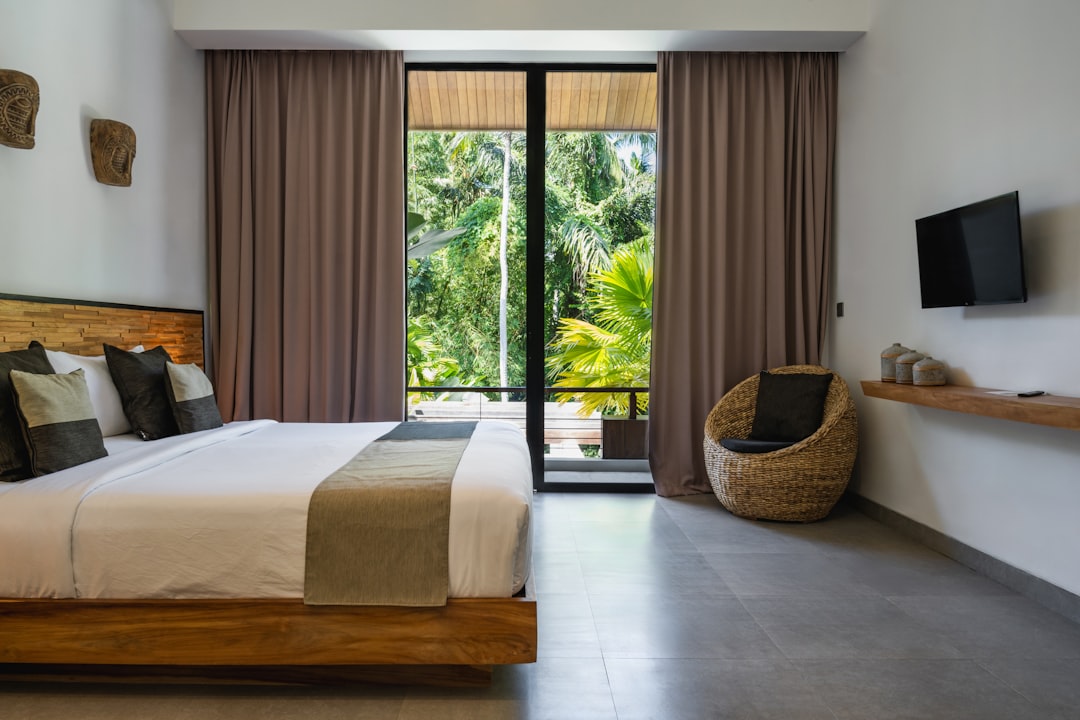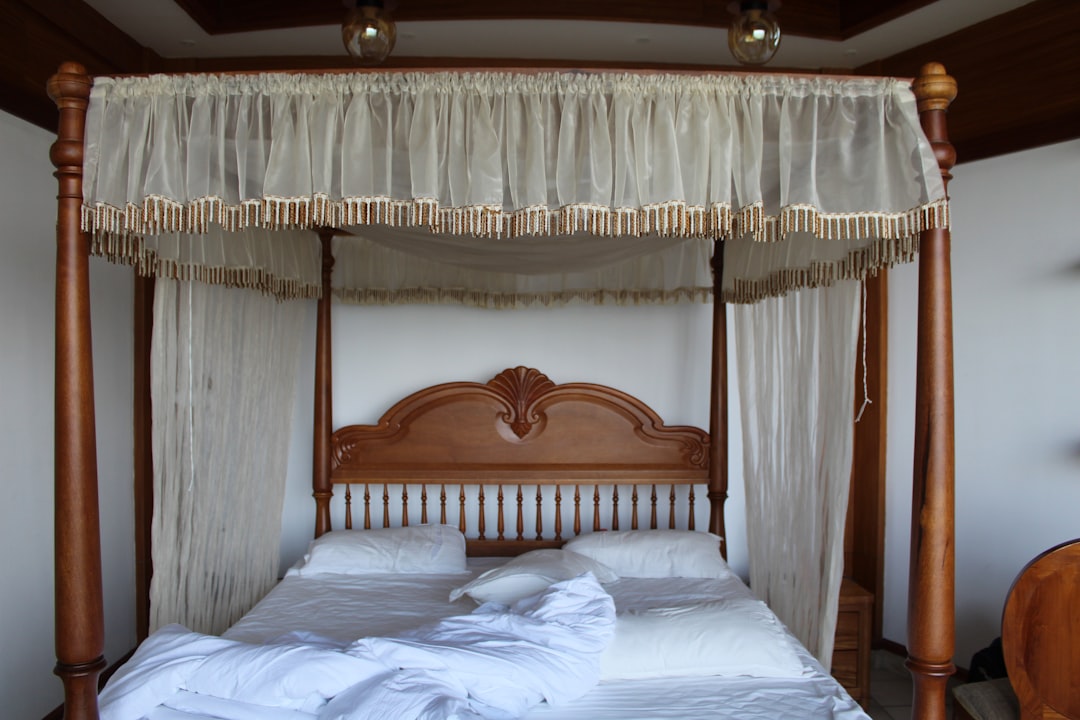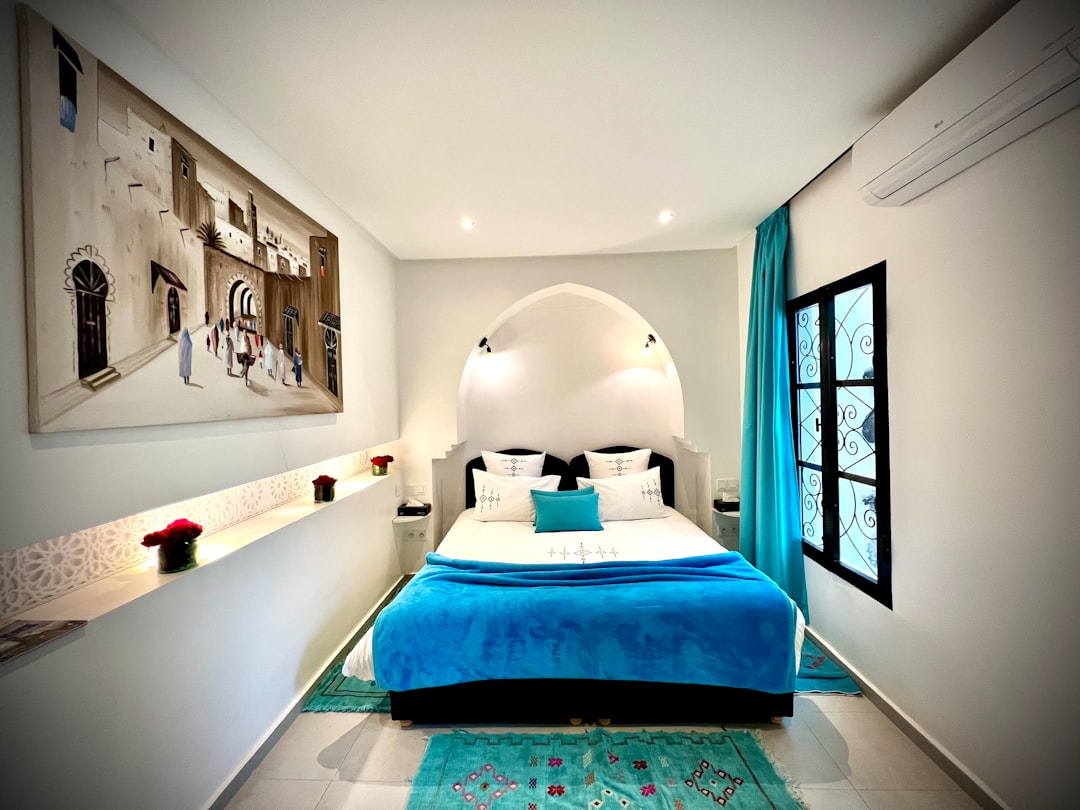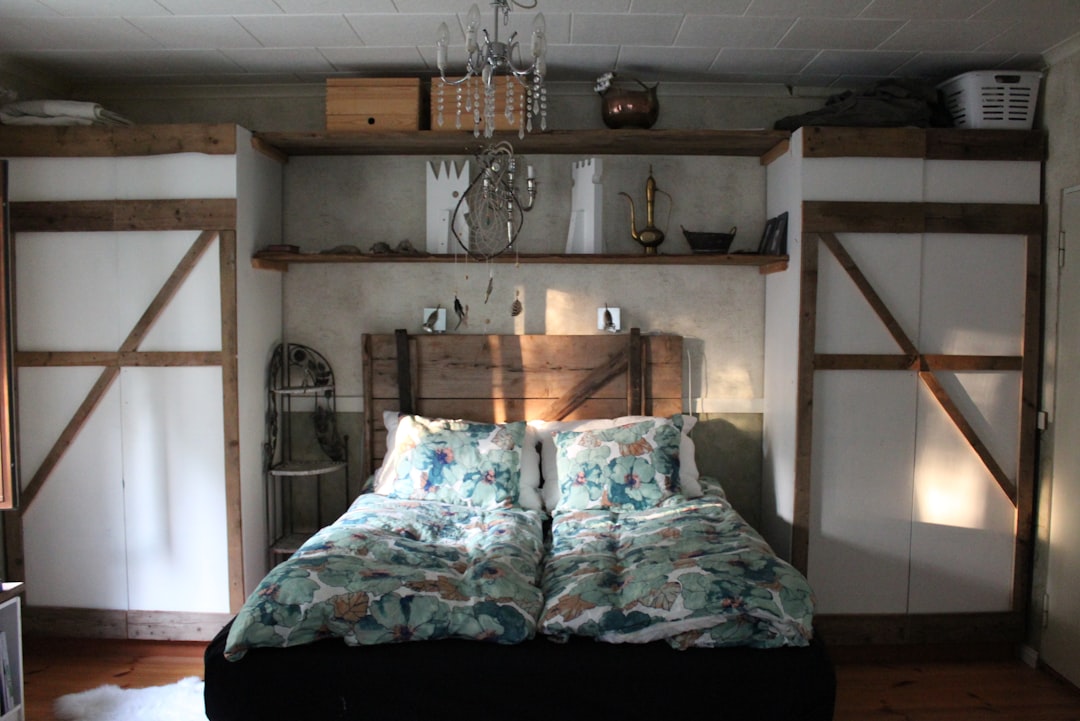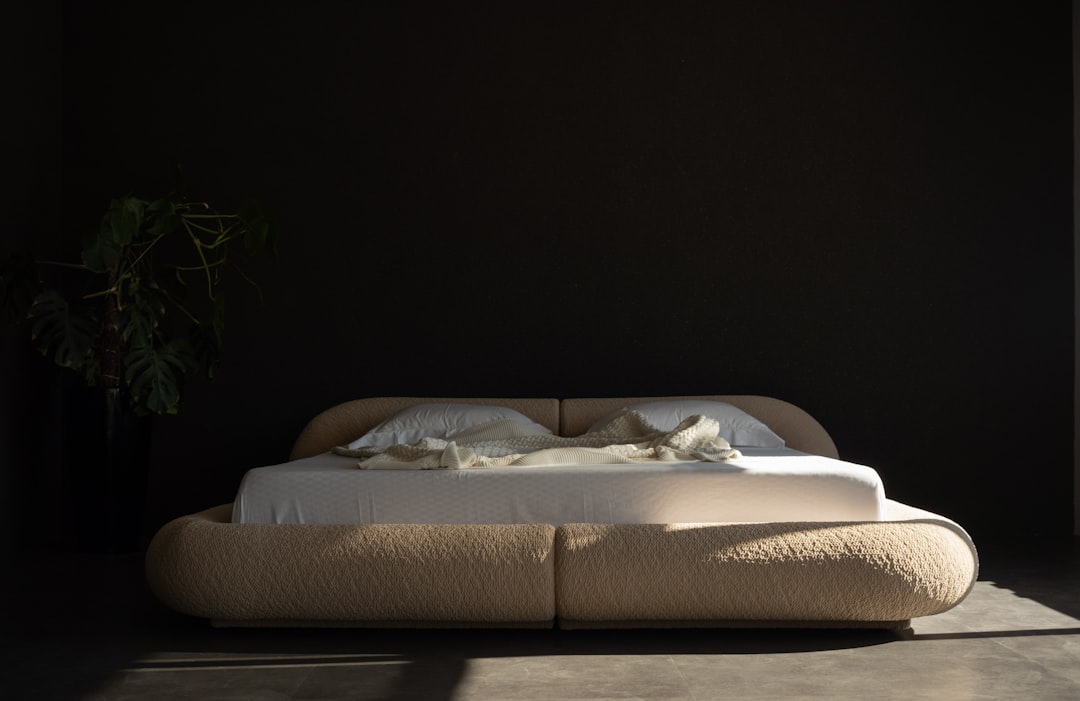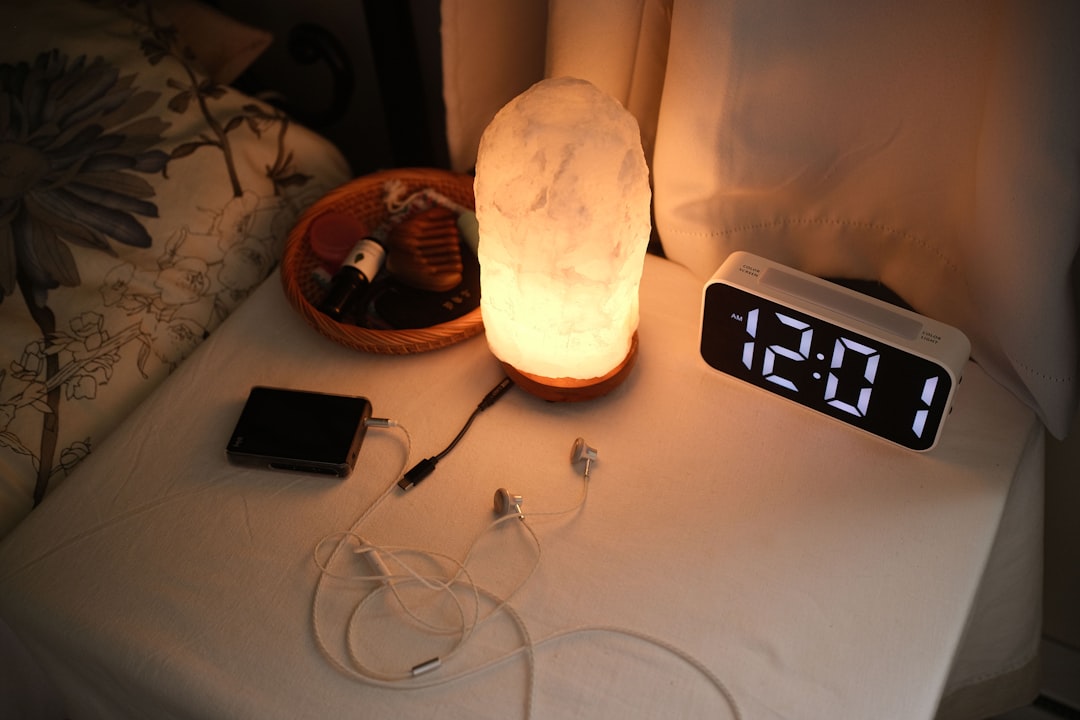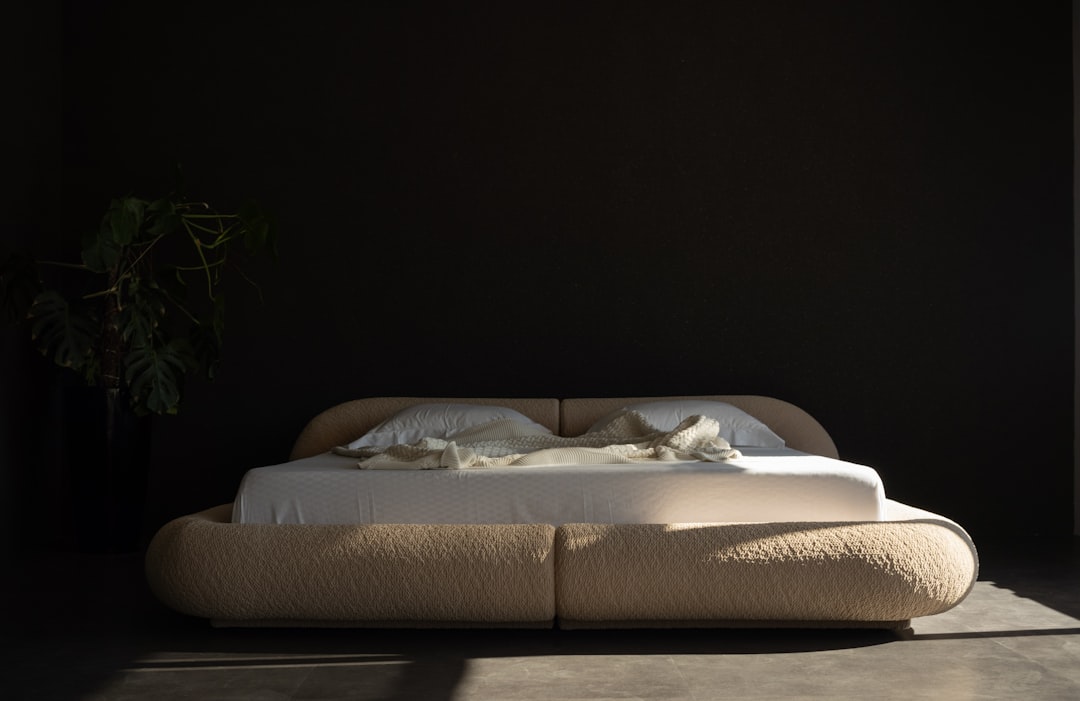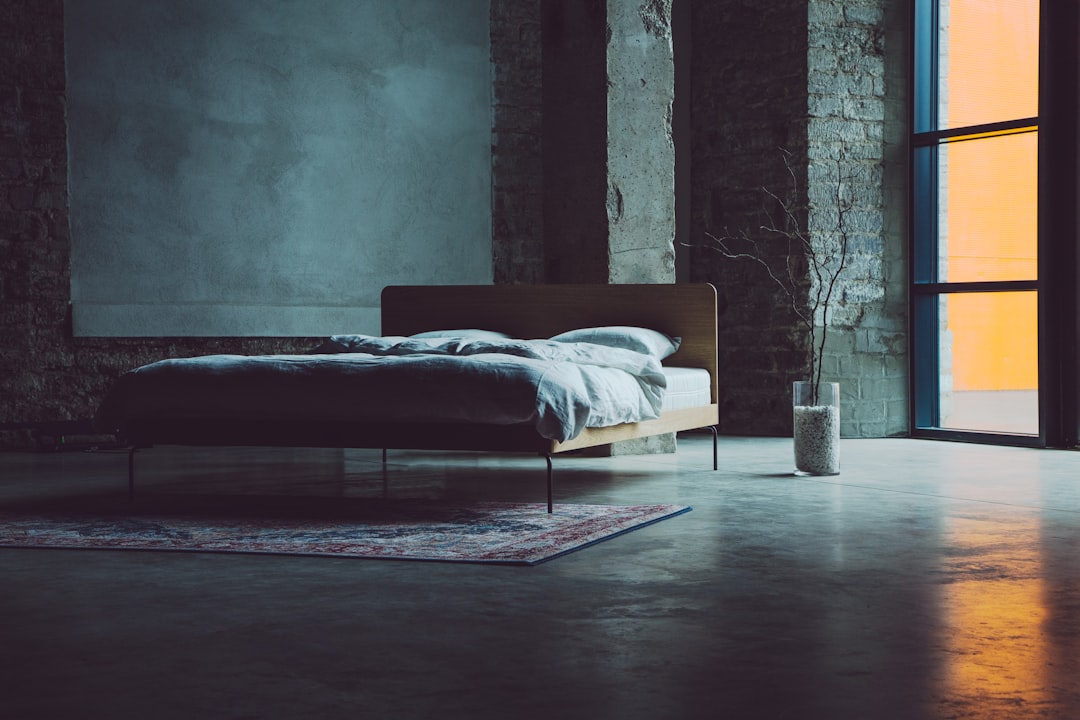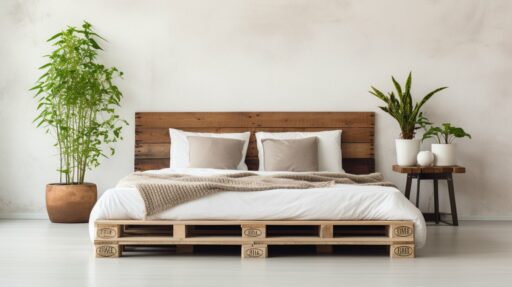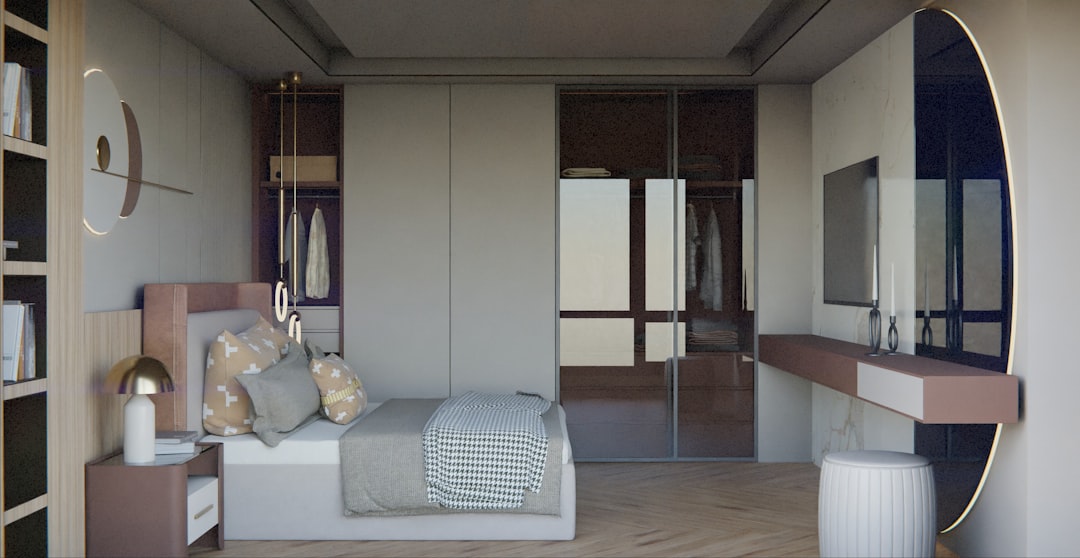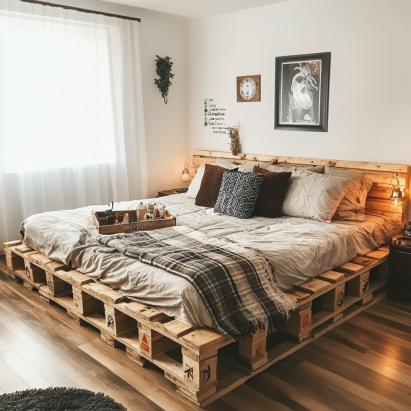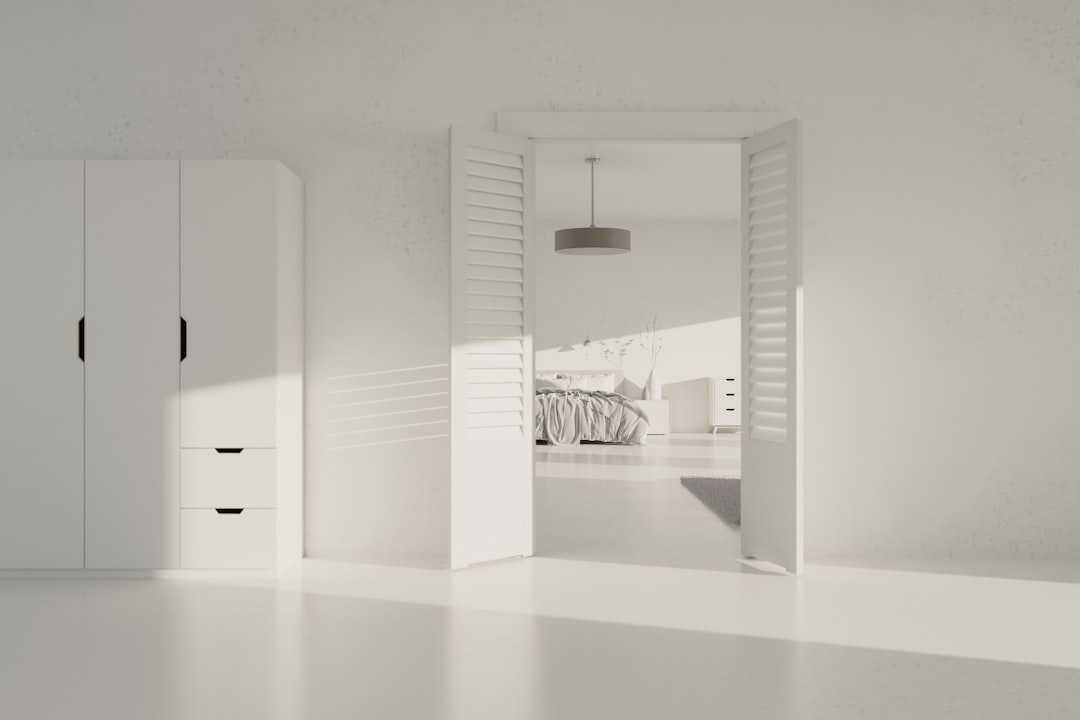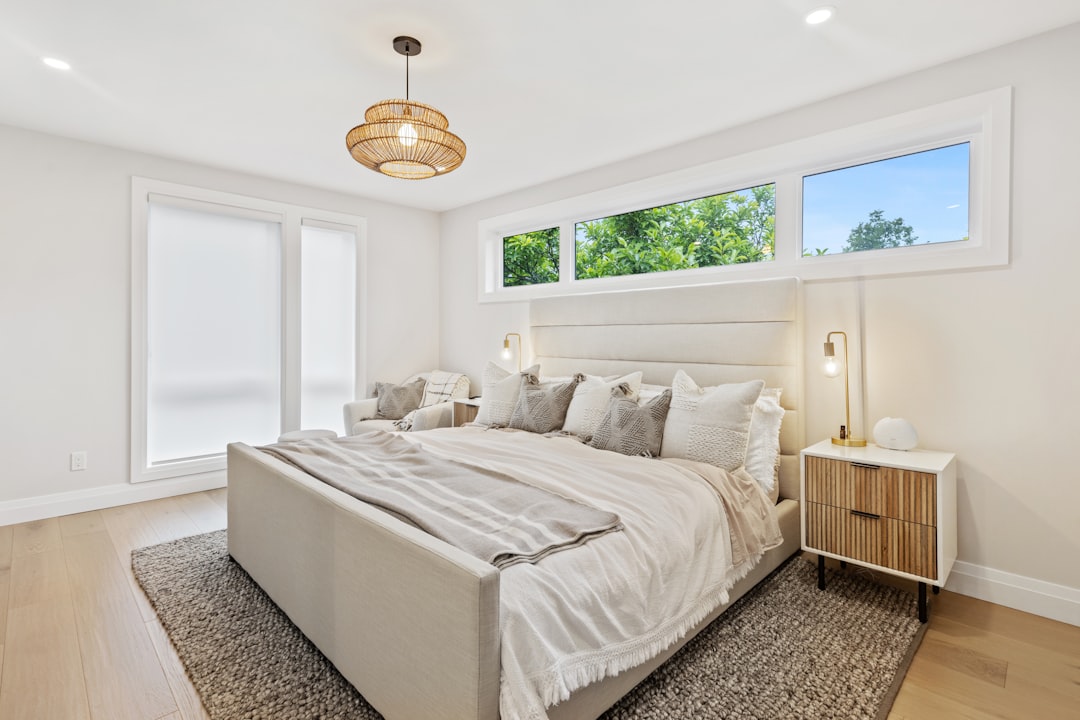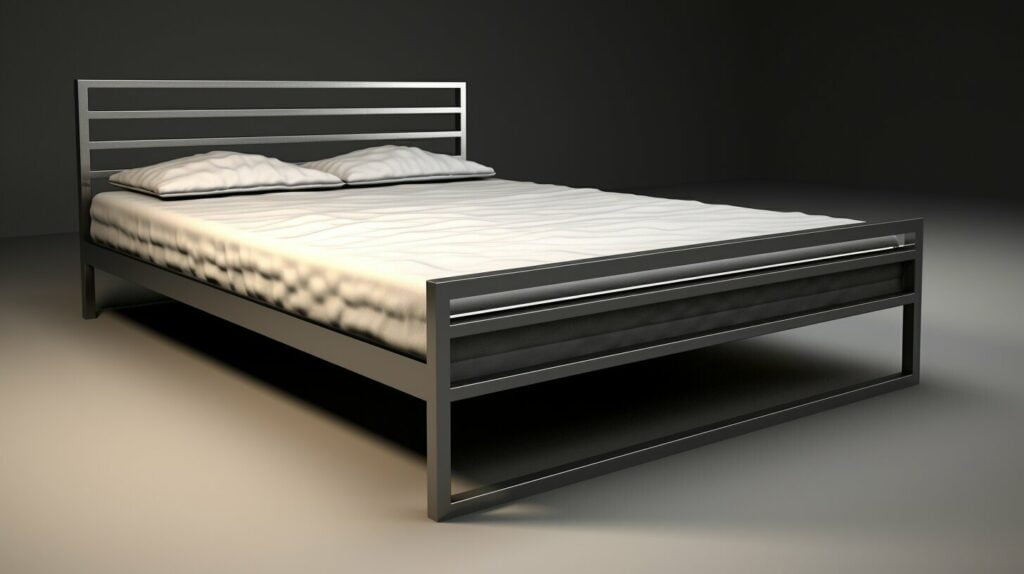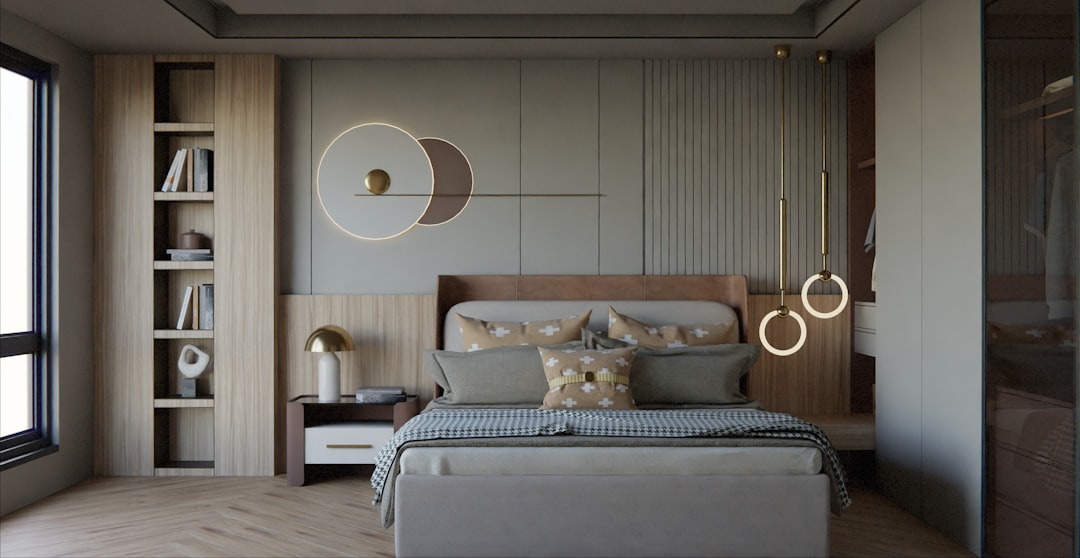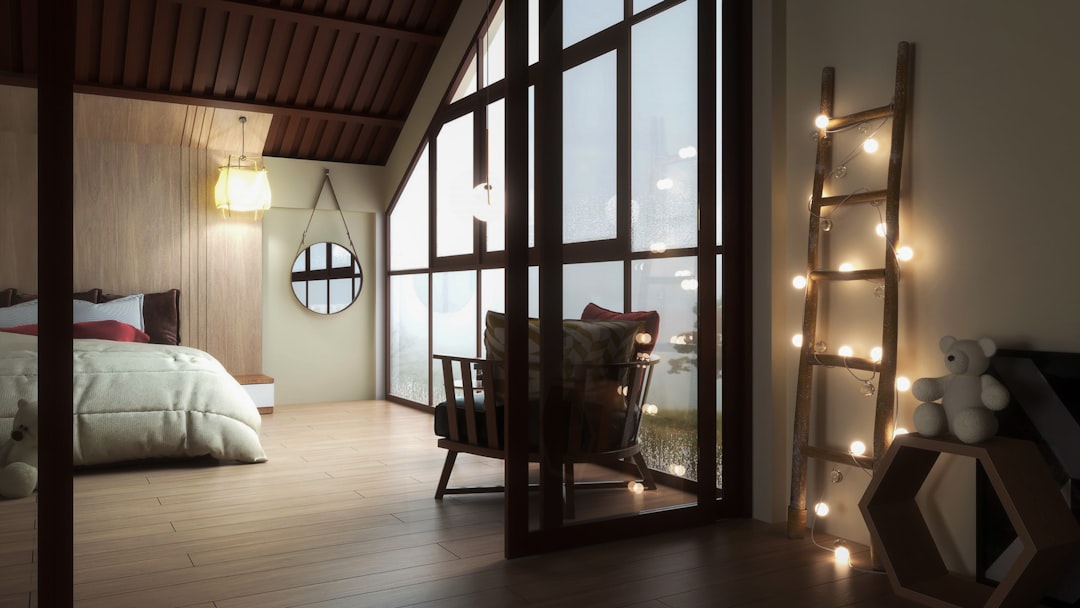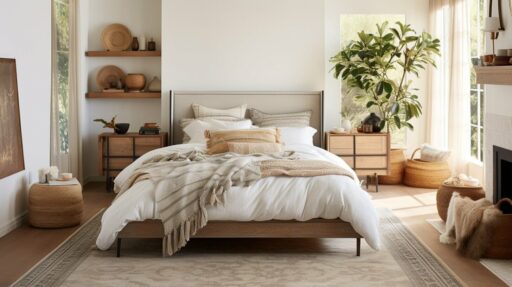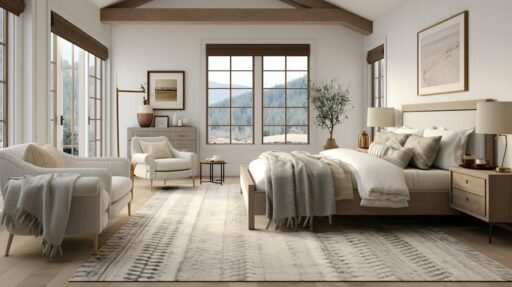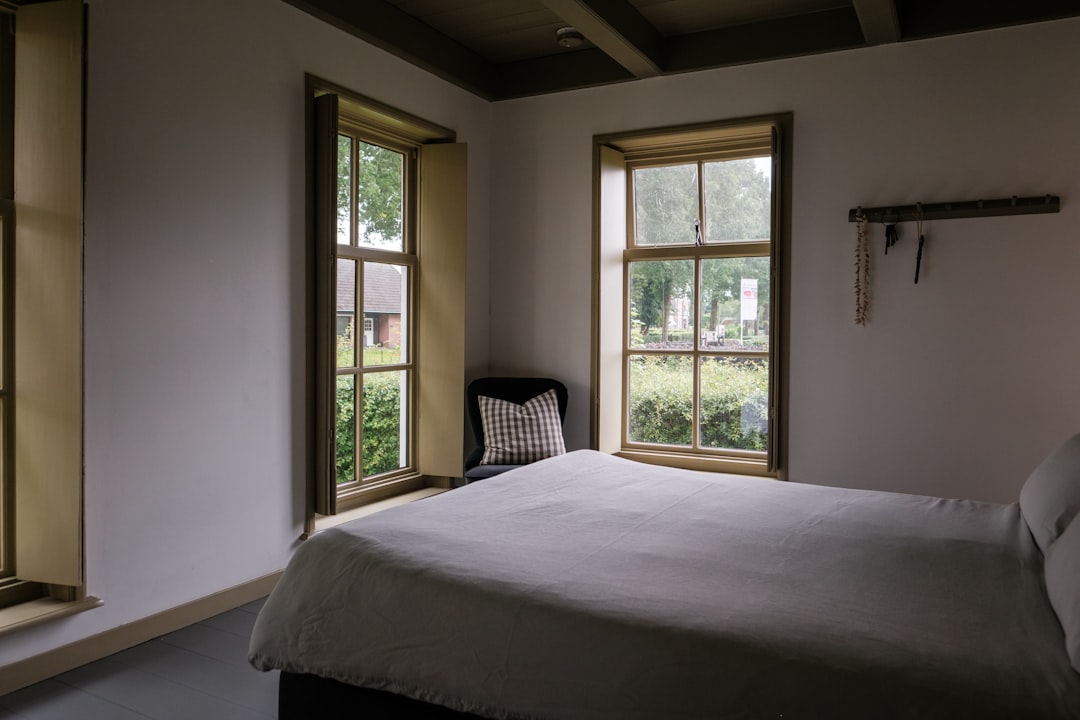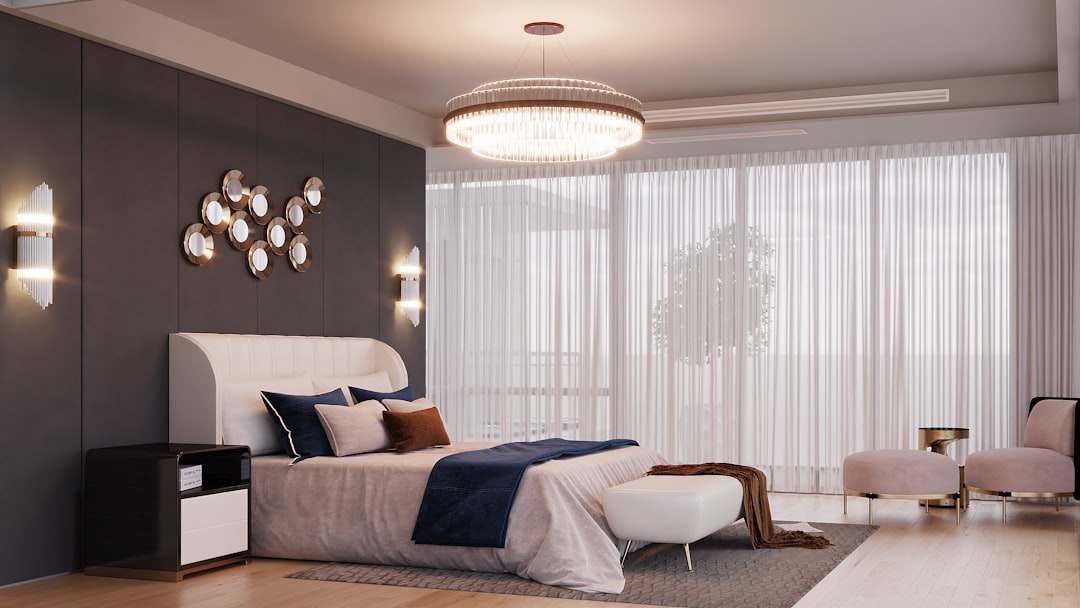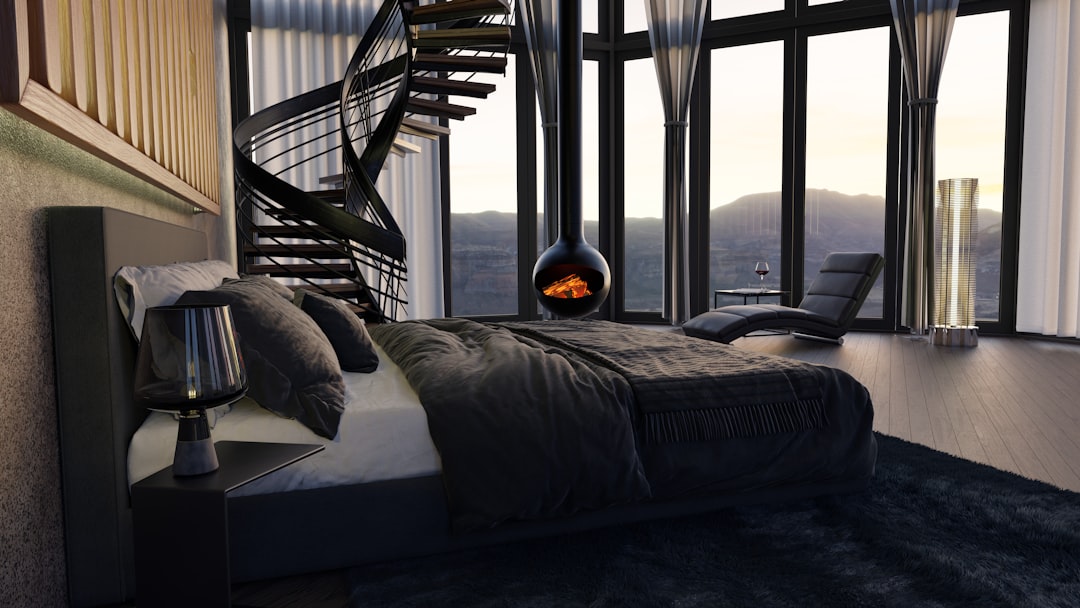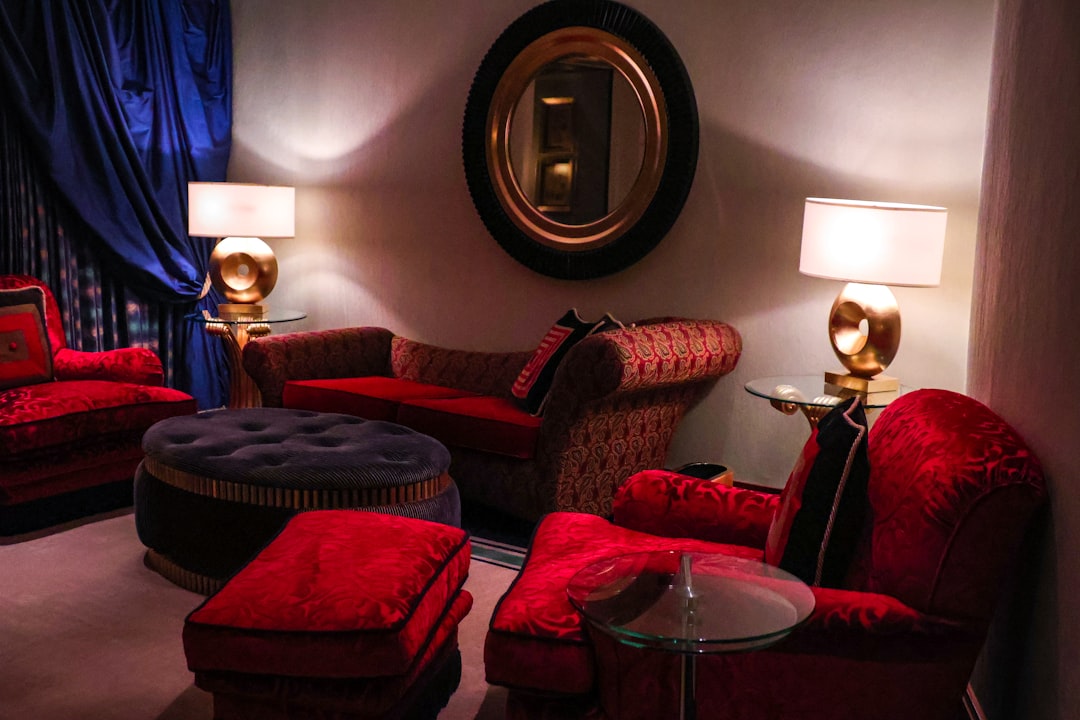Wood vs Metal Bed Frame
Deciding between a wood vs metal bed frame in 2026? We break down the updated pros and cons to help you find the perfect match for your bedroom’s comfort, style, and function.
When choosing between wood vs metal bed frame options, consider the style that best complements your bedroom décor and aligns with current trends.
Key Takeaways
- Metal frames offer durability, lightweight design, and sleek modern aesthetics but may rust or squeak over time.
- Wooden frames provide customization, classic warmth, and are eco-friendly, though they can be heavy and require maintenance.
- Consider aesthetics, room size, support needs, and lifestyle habits when deciding.
- Hybrid wood-metal frames are trending for their balance of style and strength.
For additional insights, visit resources like
Sleep Foundation’s bed frame guide and
Architectural Digest’s best bed frames picks.
Advantages of Metal Bed Frames
Metal bed frames are popular in 2026 due to their robust construction and modern appeal. Crafted from steel, iron, or aluminum, they offer strength and resilience, supporting even the heaviest of hybrid mattresses up to 1200 lbs. Their longevity, typically 15-20+ years, makes them ideal for long-term use, resisting both warping and susceptibility to pests.
Comparing wood vs metal bed frame characteristics remains essential for making an informed decision.
The lightweight nature of metal frames simplifies moving and rearranging, a boon for city dwellers or frequent movers. Many models offer folding or easy disassembly features, enhancing portability and storage convenience. This flexibility is particularly beneficial for apartments, guest rooms, or children’s rooms where space optimization is key.
- Durability: Built from tough metals that resist warping and wear
- Lightweight: Easier to move and assemble
- Adjustability: Many metal frames come with adjustable settings for height or mattress type
- Under-bed Storage: Offers added space-saving for small rooms or studio living
Metal bed frames often suit minimalist and modern bedroom themes with gunmetal finishes currently trending. Their clean lines and sleek profiles add a contemporary feel to your room. For more decor ideas, see our minimalist bedroom guide.
Explore more in our guide on the pros and cons of a metal bed frame to help you decide if it suits your sleep style.
To sum up, metal bed frames are versatile and functional, making them a solid investment for practical-minded sleepers. They balance form and function, offering both strength and style with minimal effort.
Ultimately, the wood vs metal bed frame debate boils down to personal preference and practical needs.

Disadvantages of Metal Bed Frames
Despite their many strengths, metal bed frames aren’t perfect. A primary concern is the potential for rust in humid environments, despite rust-resistant finishes. Regular maintenance is crucial for preserving their longevity.
Noise can also be a drawback. Over time, metal joints may loosen, causing squeaks or rattles that disturb sleep. This can be frustrating, especially for light sleepers. Some couples find metal frames amplify movement. Using anti-squeak washers or noise-dampening pads can help.
- Rust Risk: Particularly in moist climates without proper coating
- Noise: May creak or squeak with movement over time
- Less Forgiving: Lacks natural cushioning and give found in wood
- Potential for Allergies: Some people react to metals like nickel or chromium
Read more on metal bed frame issues at
Quagga Designs.

Advantages of Wooden Bed Frames
Wooden bed frames bring timeless charm and natural warmth that enhances the coziness of your bedroom. In 2026, these frames are typically made from hardwoods like oak, walnut, and teak, along with more affordable options like pine or engineered wood.
The choice between a wood vs metal bed frame can significantly impact your bedroom’s atmosphere.
Wood’s natural strength makes it highly supportive, especially when paired with thick slats or a platform base. High-quality wooden frames can last decades and are often seen as heirloom pieces.
- Visual Appeal: Natural grain patterns offer beauty and variety
- Customization: Easy to refinish, paint, or stain
- Stability: Less prone to wobbling or movement
- Eco-friendly Choices: Many brands offer sustainably sourced wood options
Wooden frames are also known for quieter performance—no squeaks or creaks, even with years of use.
For more eco-conscious options, check out our article on
eco-friendly bed frames.
For a full material breakdown, check out our comparison article on
bed frame materials and how to choose the best one.

Disadvantages of Wooden Bed Frames
Although beautiful and strong, wooden bed frames have their drawbacks. They are significantly heavier than metal frames, making moving or rearranging furniture a hassle.
If you prefer a wood vs metal bed frame, weigh the aesthetic versus functional aspects carefully.
Additionally, wood is more susceptible to environmental damage. Changes in humidity can cause warping or cracking, and even minor spills or scratches can leave lasting marks.
- Heavy and Bulky: Challenging to move
- Requires Maintenance: Needs polishing and moisture control
- Fire Risk: Being a combustible material
- Potential for Damage: Can dent, scratch, or attract pests
Despite these cons, many still prefer the authenticity and warmth of wooden bed frames. Using furniture pads and placing beds away from moisture sources can mitigate many issues.

Aesthetic Appeal and Room Compatibility
The aesthetic impact of a bed frame can dramatically transform a bedroom’s vibe. Wood offers a warm, traditional look that works well in farmhouse, Scandinavian, or vintage-inspired designs.
Metal frames, meanwhile, often feature minimalist designs with sleek lines, making them ideal for industrial or modern aesthetics. They typically come in neutral tones like black or white.
- Wood: Timeless charm, available in diverse tones
- Metal: Clean, contemporary, space-efficient
- Room Match: Choose based on decor style and room size

Proper Support and Mattress Compatibility
Support is one of the most important aspects of a bed frame, directly affecting your sleep quality and mattress longevity. Metal frames, especially with a grid or platform base, provide solid, even support.
Understanding the support levels in wood vs metal bed frame types is crucial for mattress longevity.
Wooden bed frames generally come with slats, a platform base, or a box spring requirement. Hardwood slats handle substantial weight and distribute pressure evenly across the mattress.
- Metal Frames: Great for firm mattress support
- Wood Frames: Excellent for all mattress types
- Compatibility Tip: Match frame size and type with your mattress

Final Thoughts
Choosing the right bed frame can dramatically improve your sleep quality and bedroom aesthetics. Whether you’re drawn to the sleekness of metal or the natural beauty of wood, make sure to weigh durability, comfort, style, and maintenance. With the right pick, your bed will become the cozy centerpiece of your sanctuary.
In conclusion, whether you select a wood vs metal bed frame, ensure it aligns with your sleeping habits.
To explore the emotional side of bedroom design, read about bedding ceremonies and timeless traditions or reflect on the art of bedding rituals across history.
FAQ
Many people often ask about the updated differences between a wood vs metal bed frame and their respective benefits.
- What are the pros and cons of metal bed frames?
- Metal bed frames are durable, lightweight, and adjustable, but may rust or squeak over time and lack cushioning.
- Are wooden bed frames better for support?
- Yes, especially hardwood frames with slats—they offer strong, even support for most mattress types.
- Which is better for a small bedroom—wood or metal?
- Metal frames are better for small rooms as they are less bulky and give a more open visual feel.
For small spaces, a wood vs metal bed frame can dictate the room’s overall design feel.
- Can I use any mattress with either type?
- Yes, but check compatibility—memory foam needs solid support, while hybrid or spring mattresses work well with either.
Ultimately, the decision hinges on whether you favor a wood vs metal bed frame based on your lifestyle.
About the Author
Joseph Rett is the founder of Cozy Bed Quarters, a Phoenix-based sleep and bedding resource. With years of experience researching sleep science and bedding products, Joseph helps people create comfortable, sustainable sleep spaces. Living in Arizona’s desert climate has given him unique insights into temperature-regulating bedding and cooling sleep solutions.
